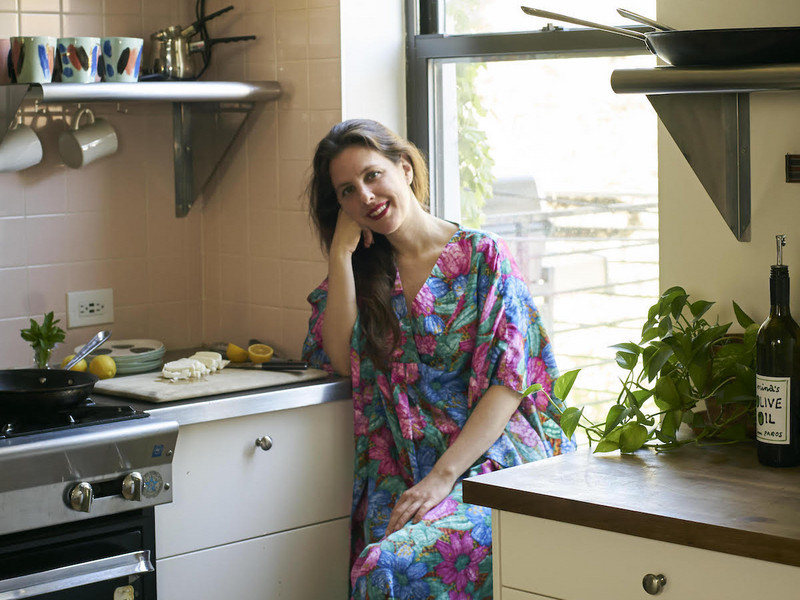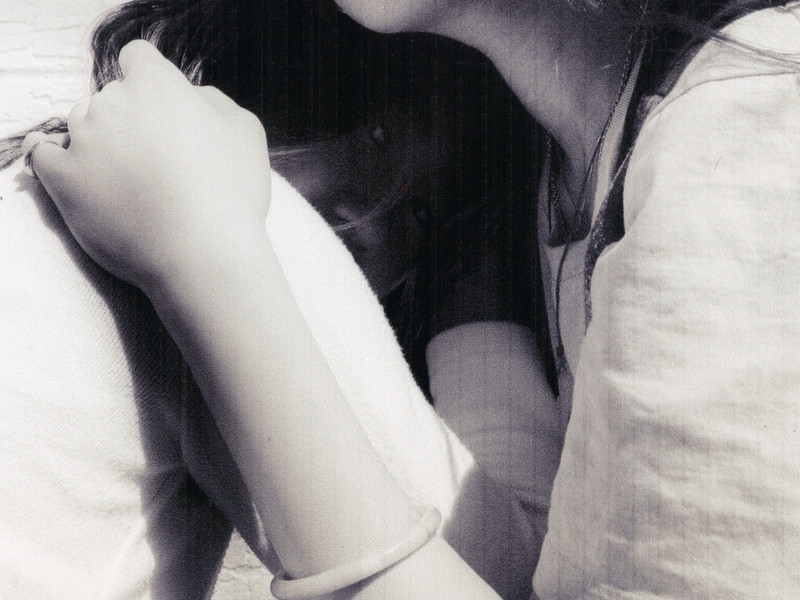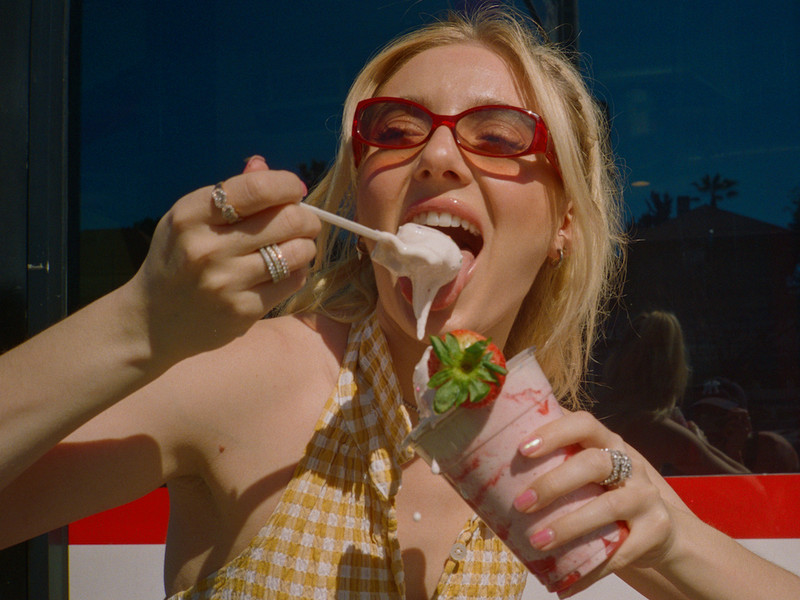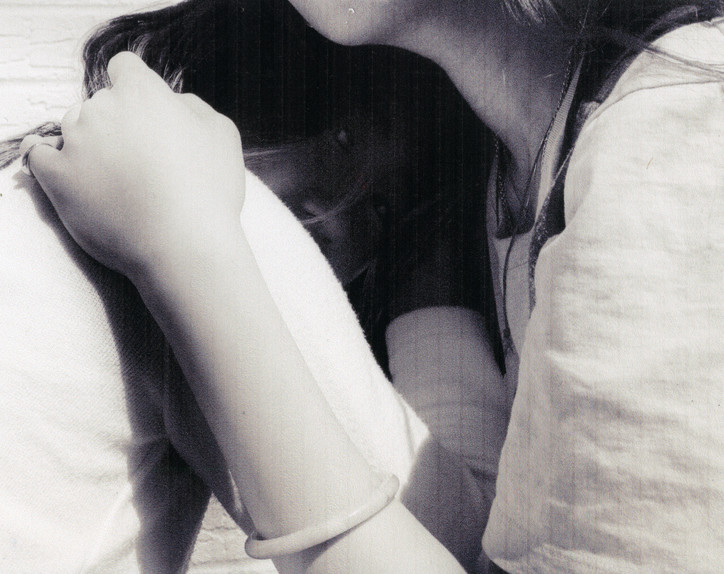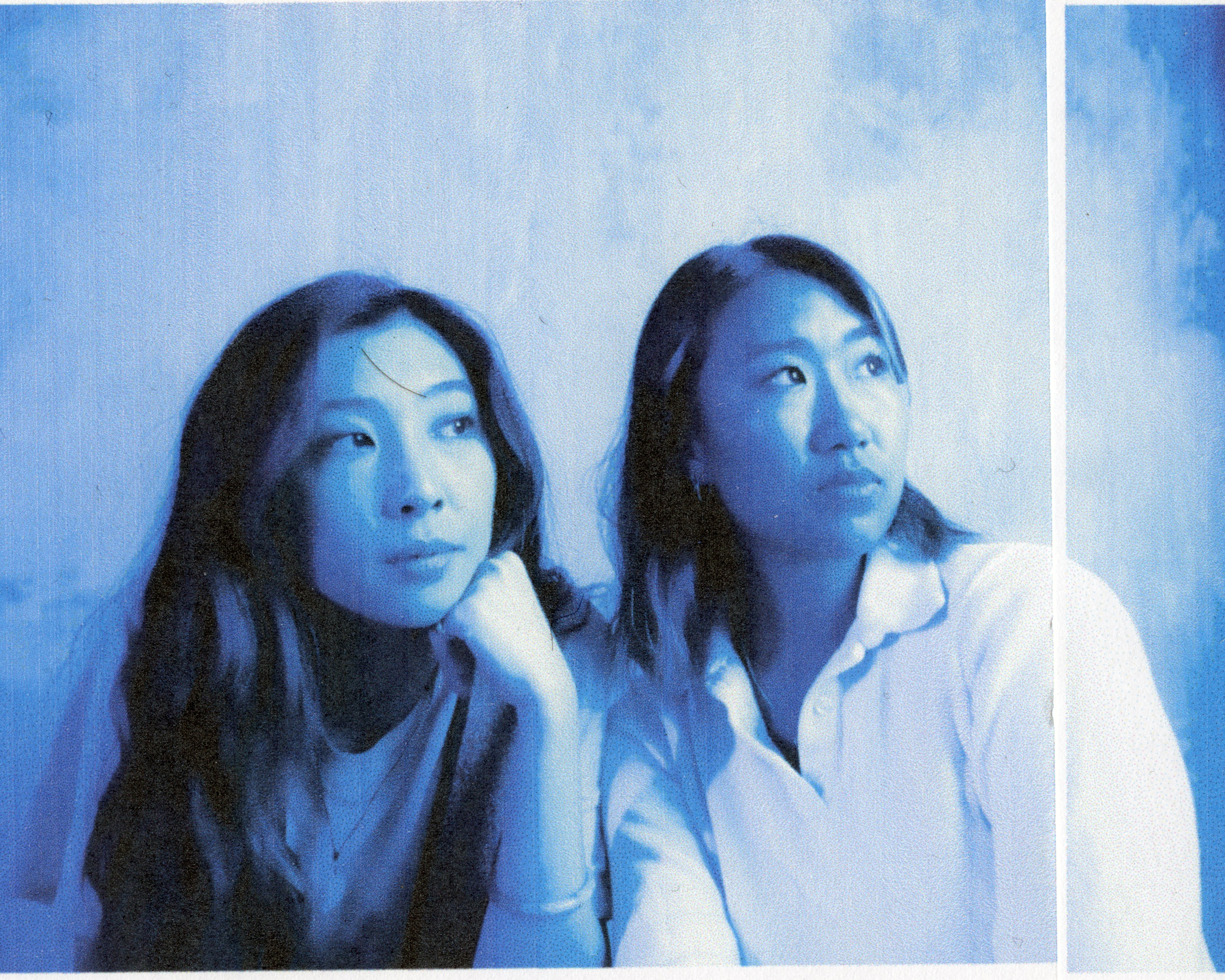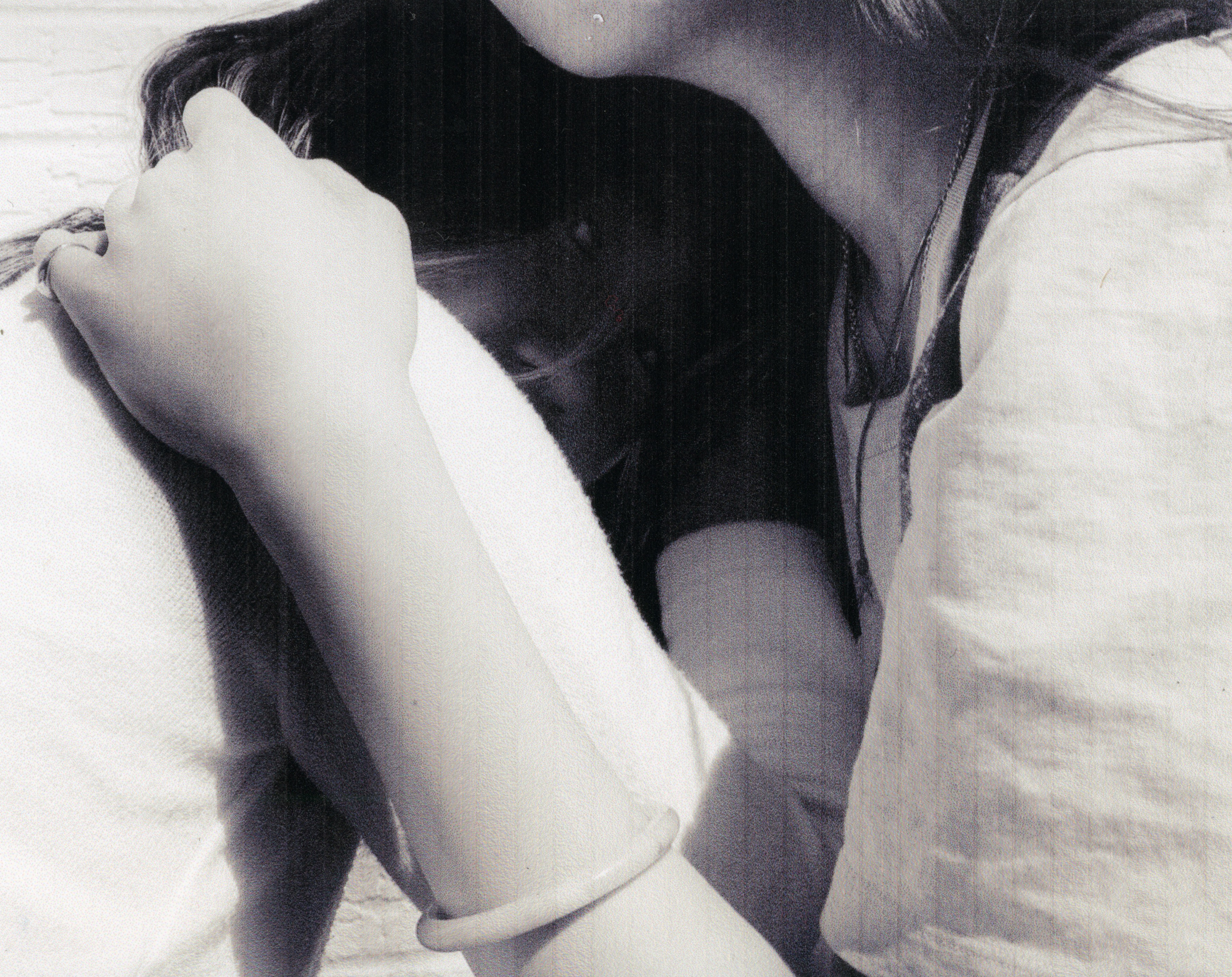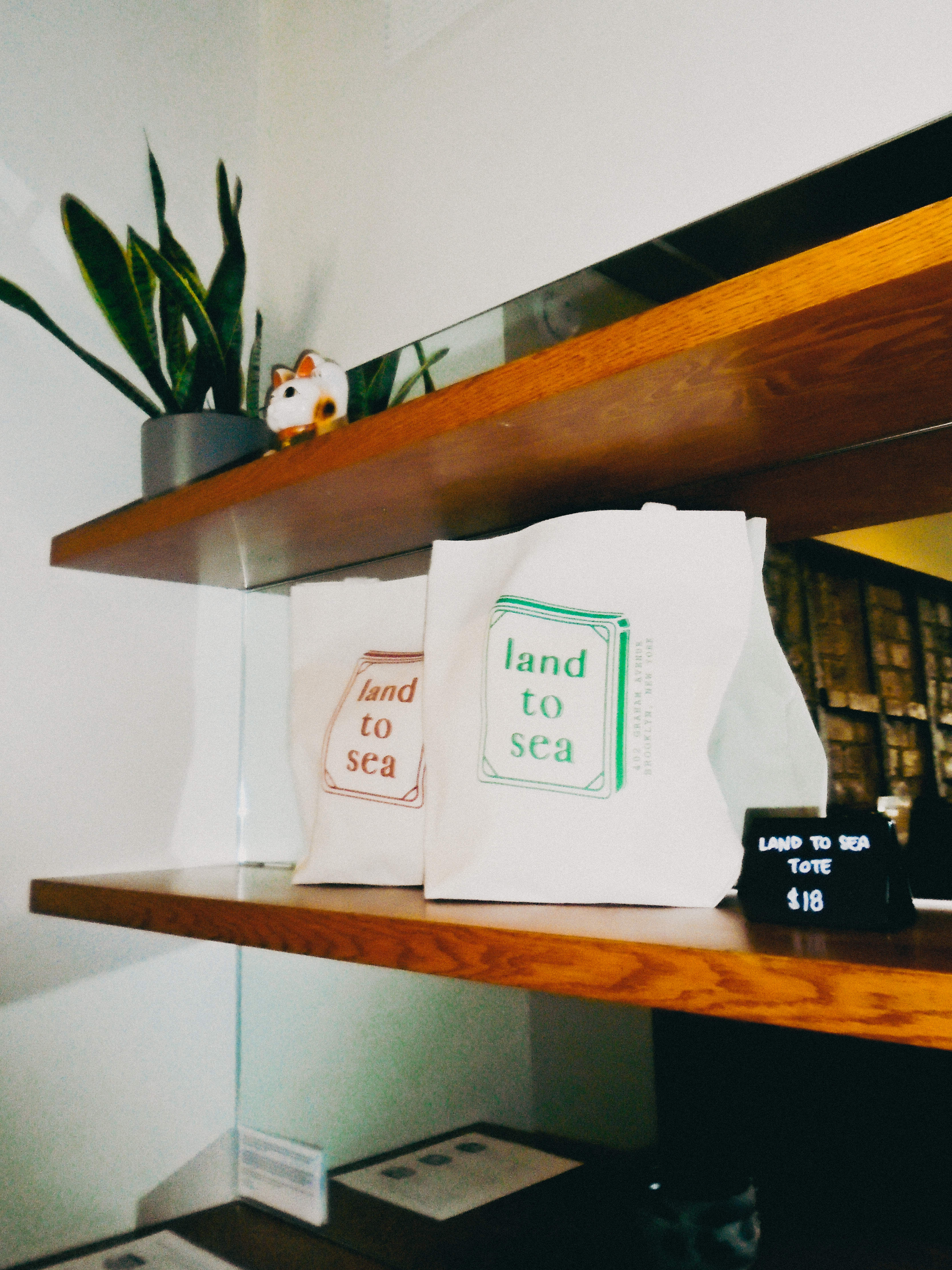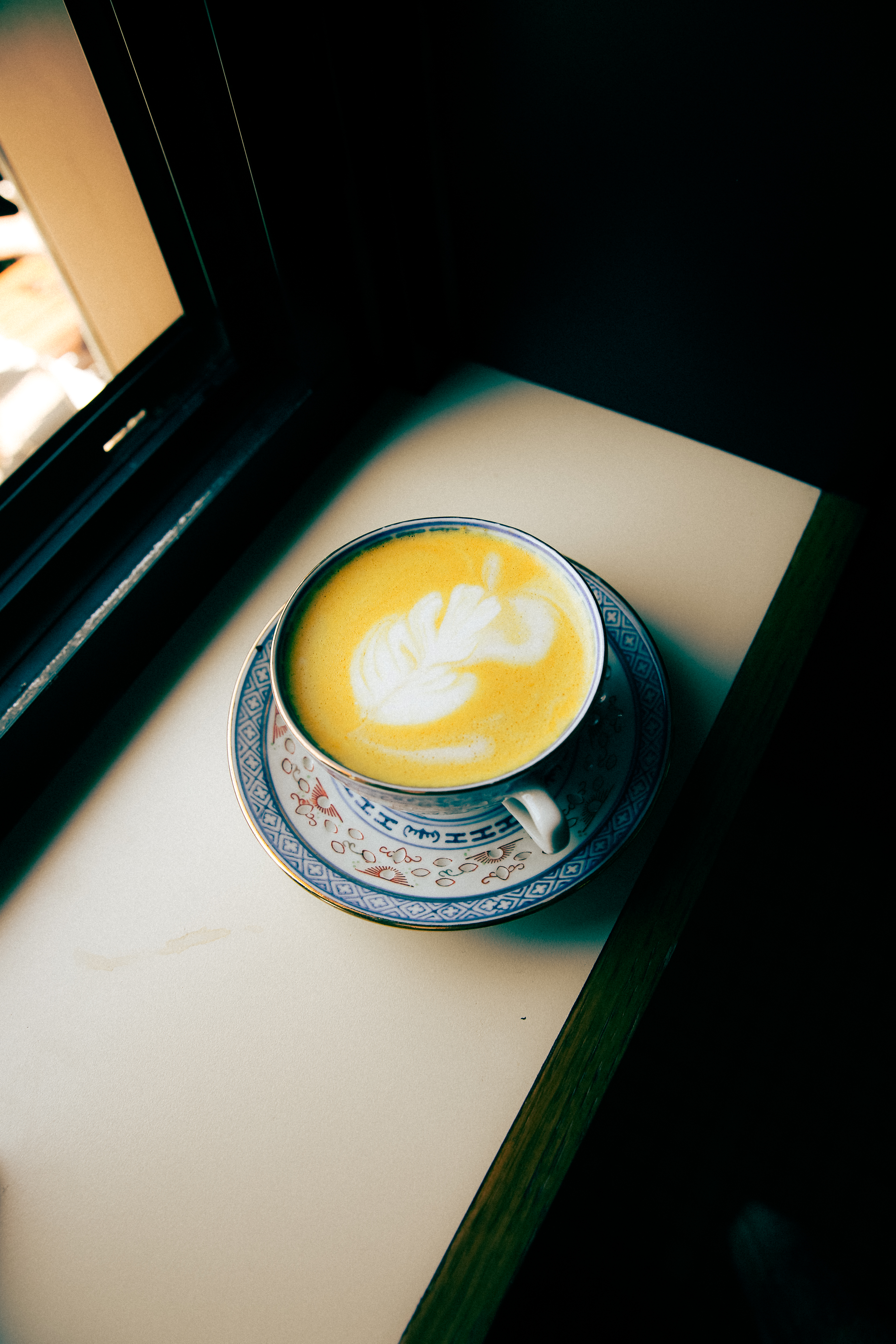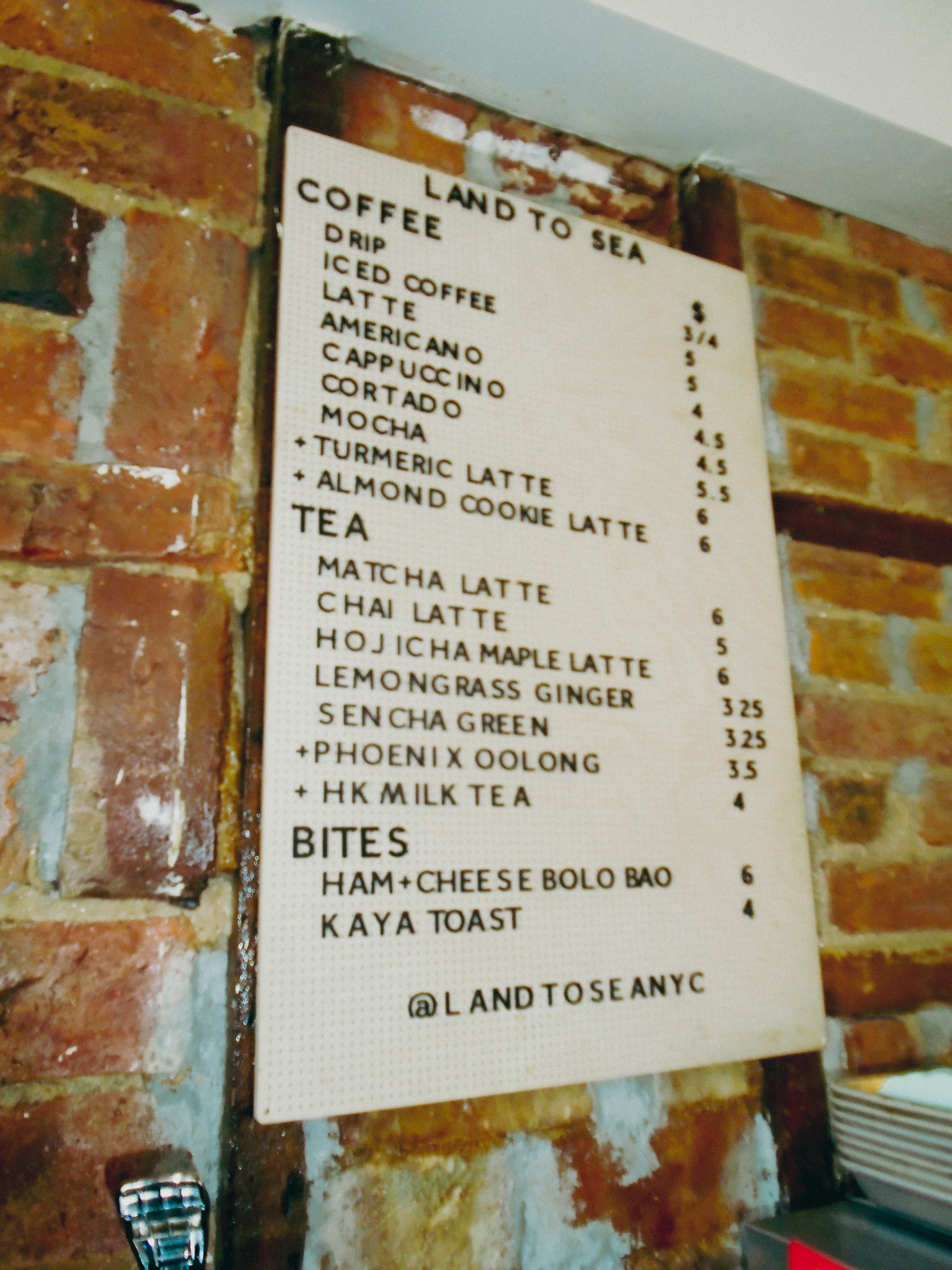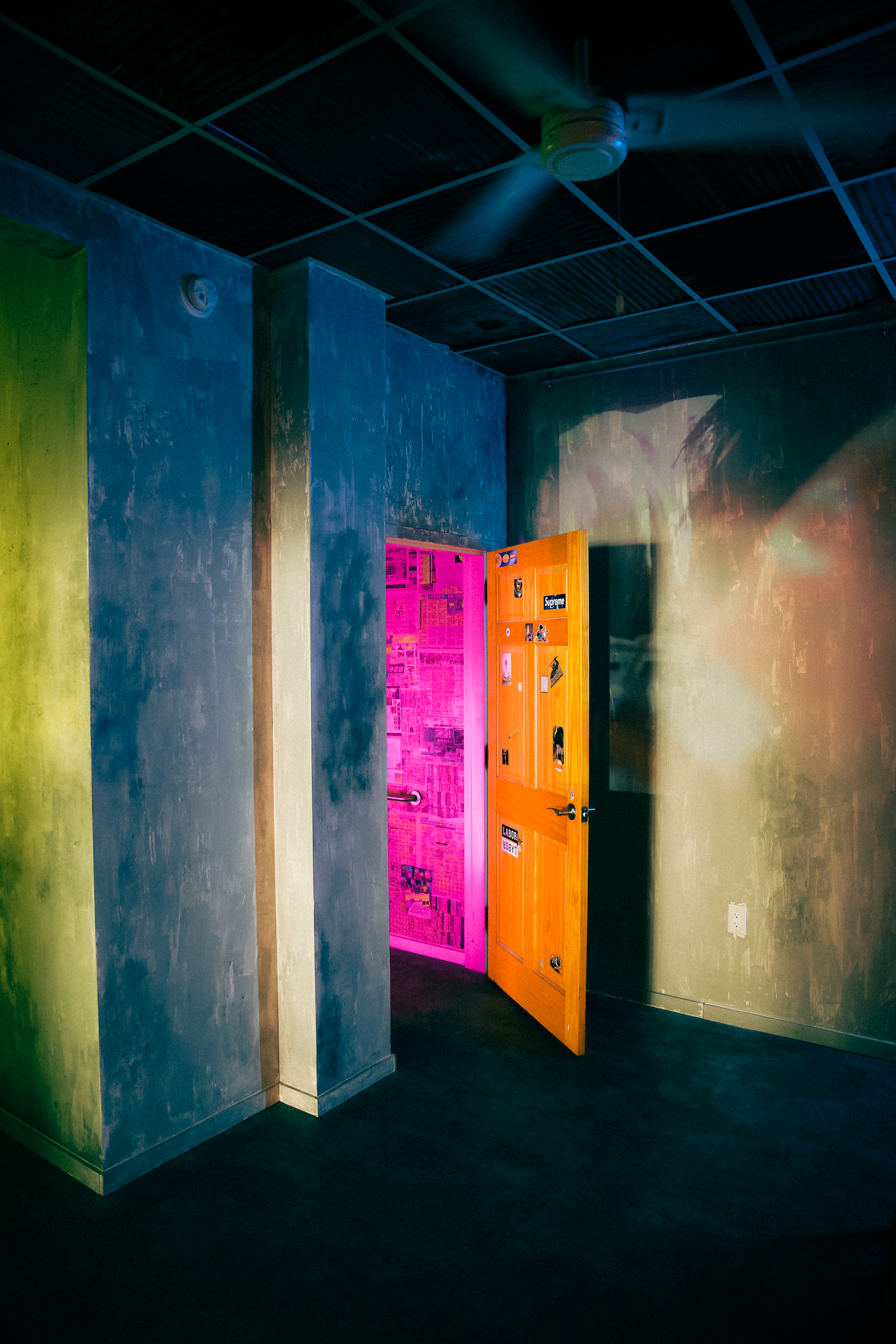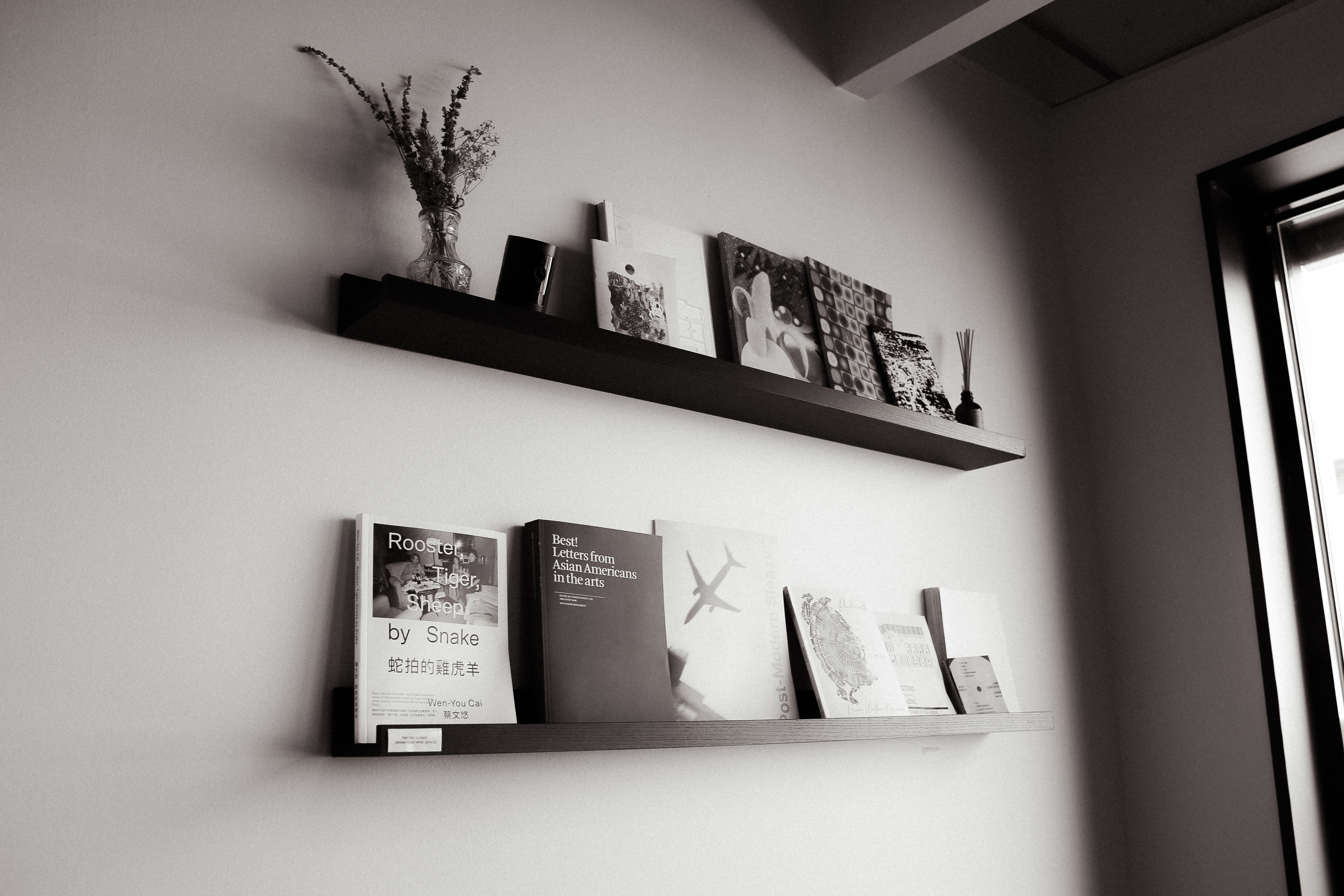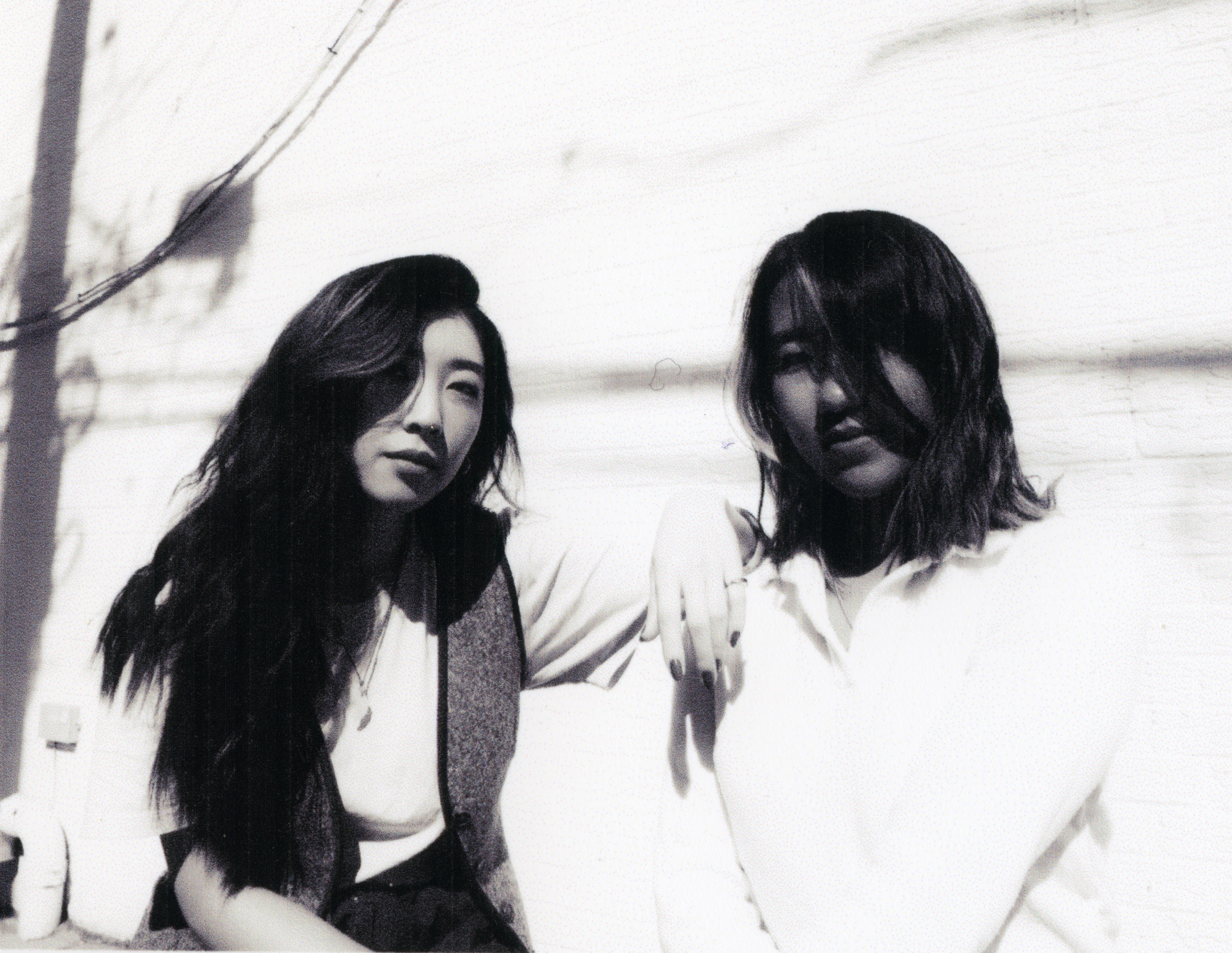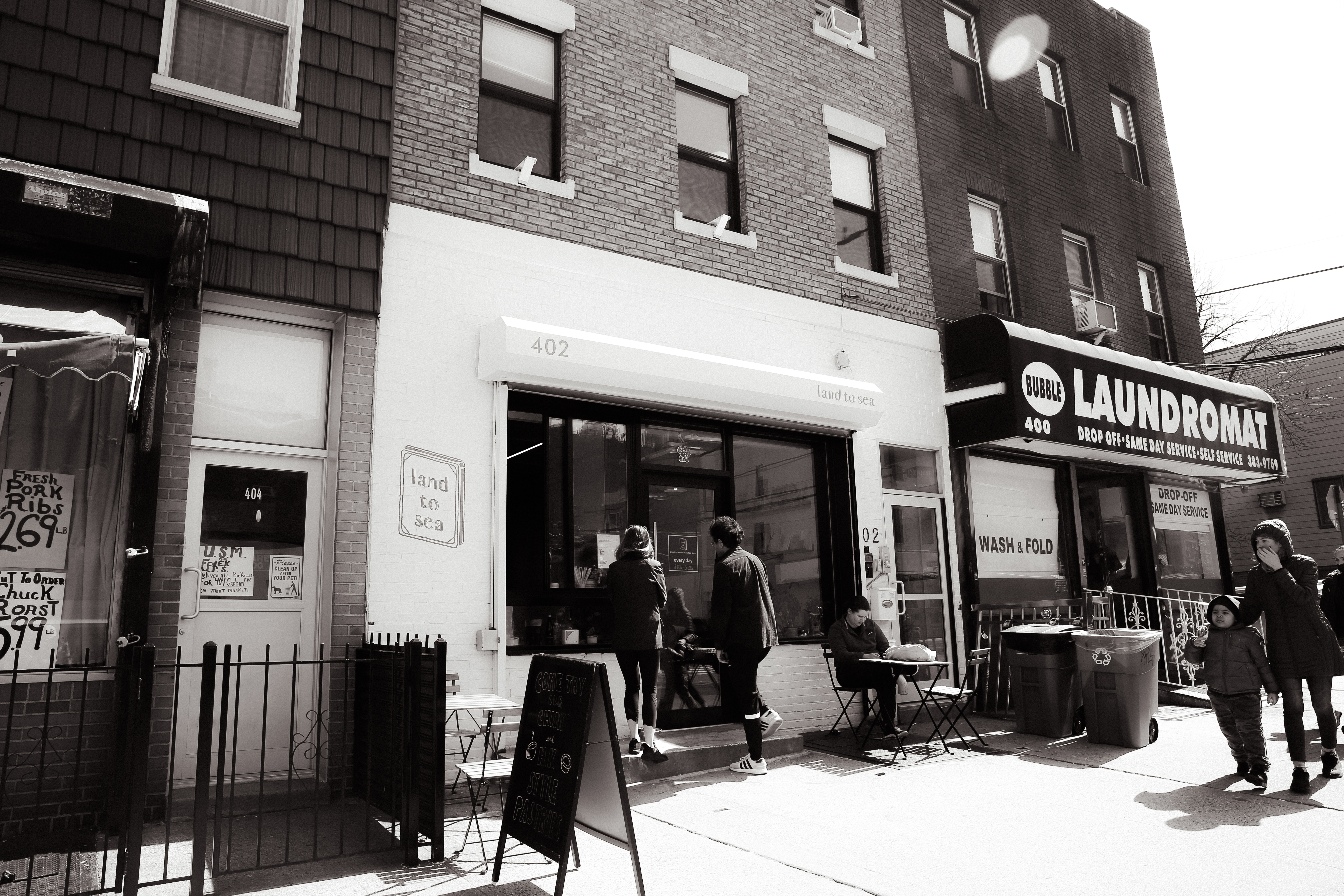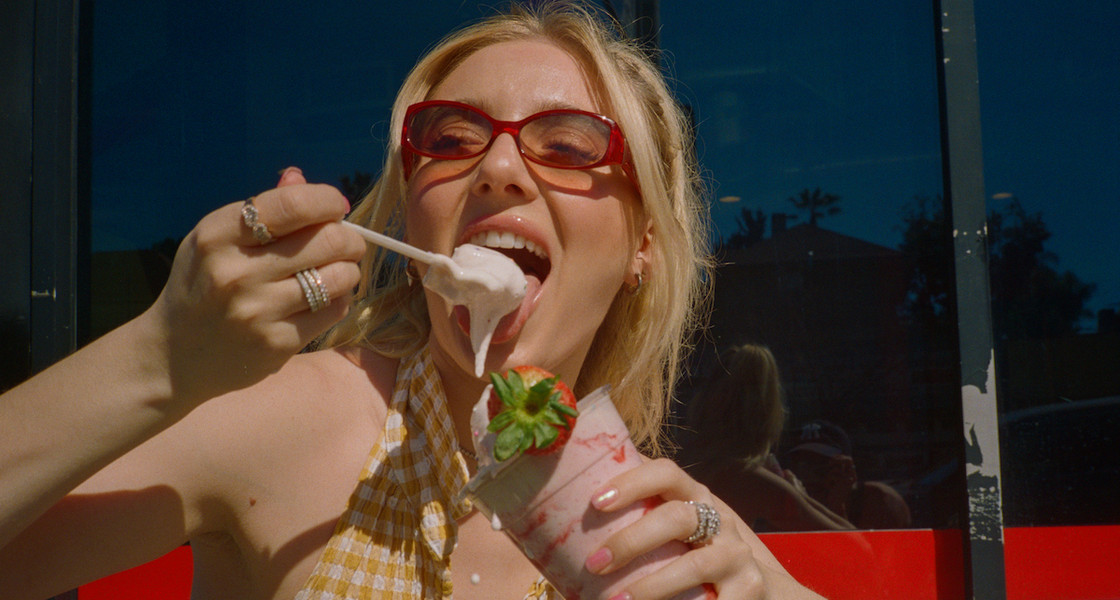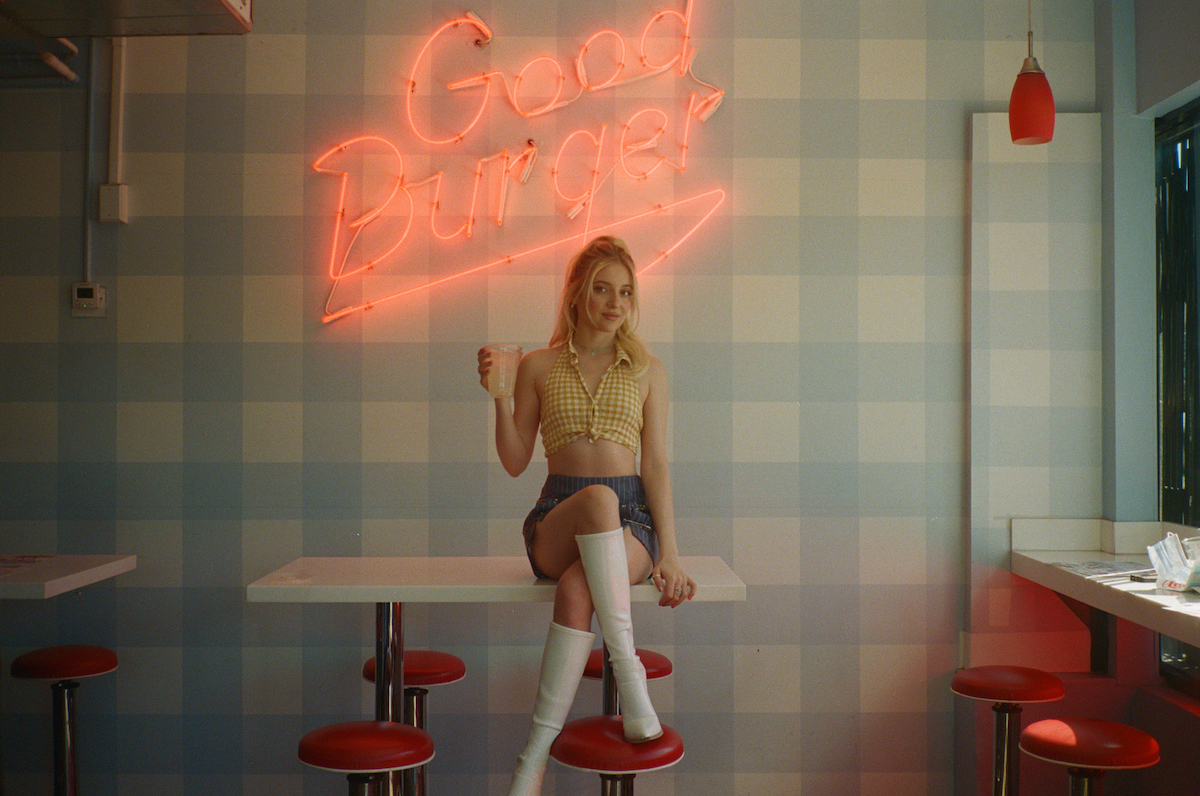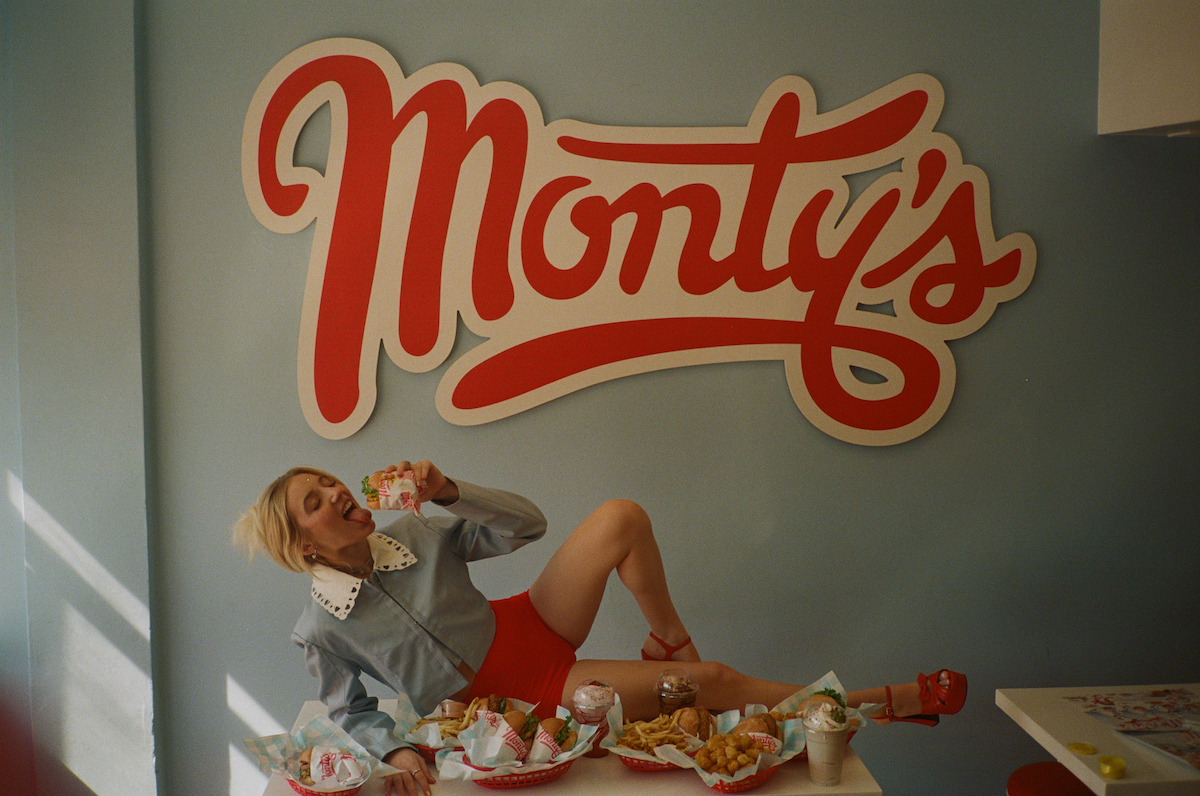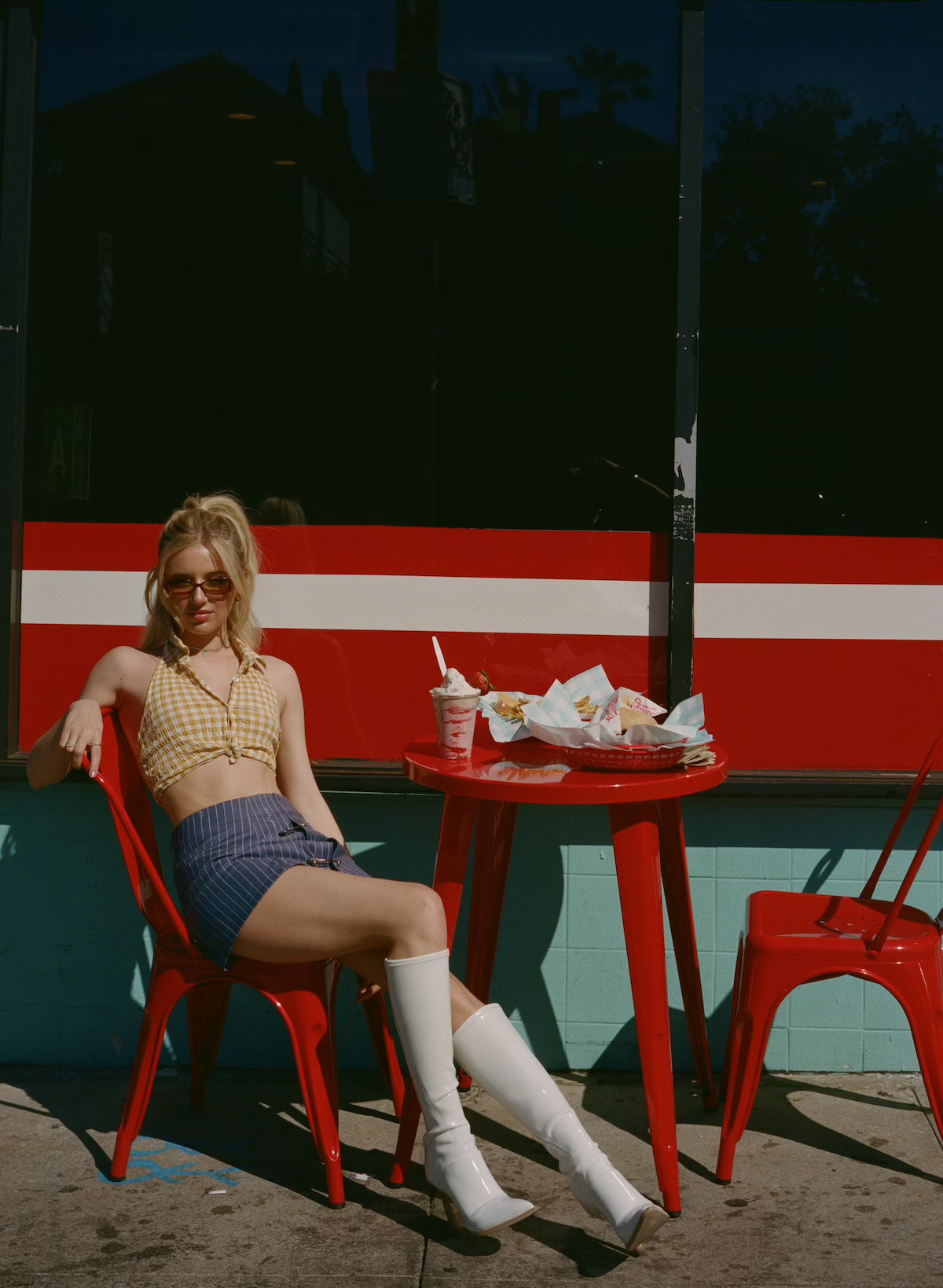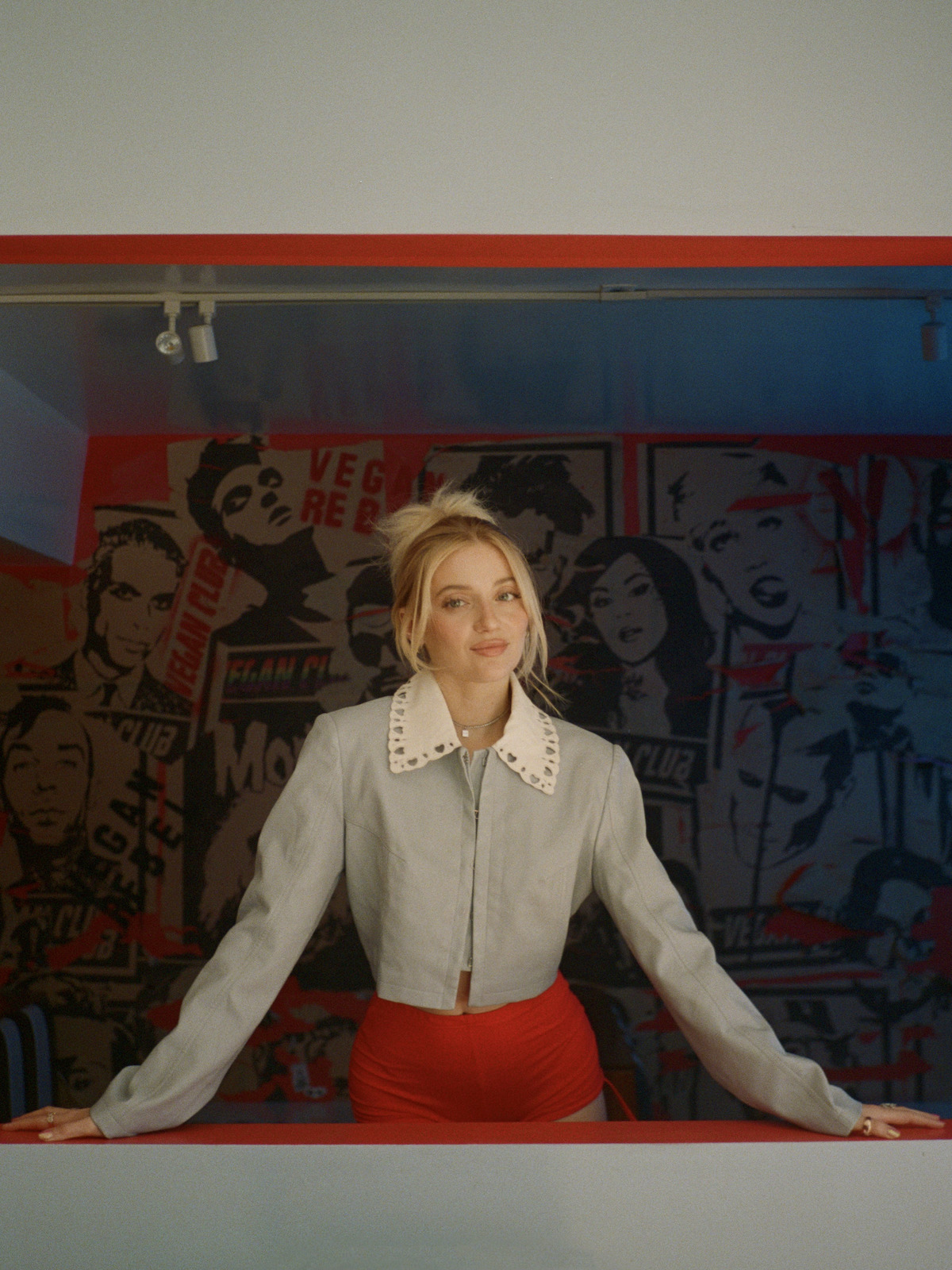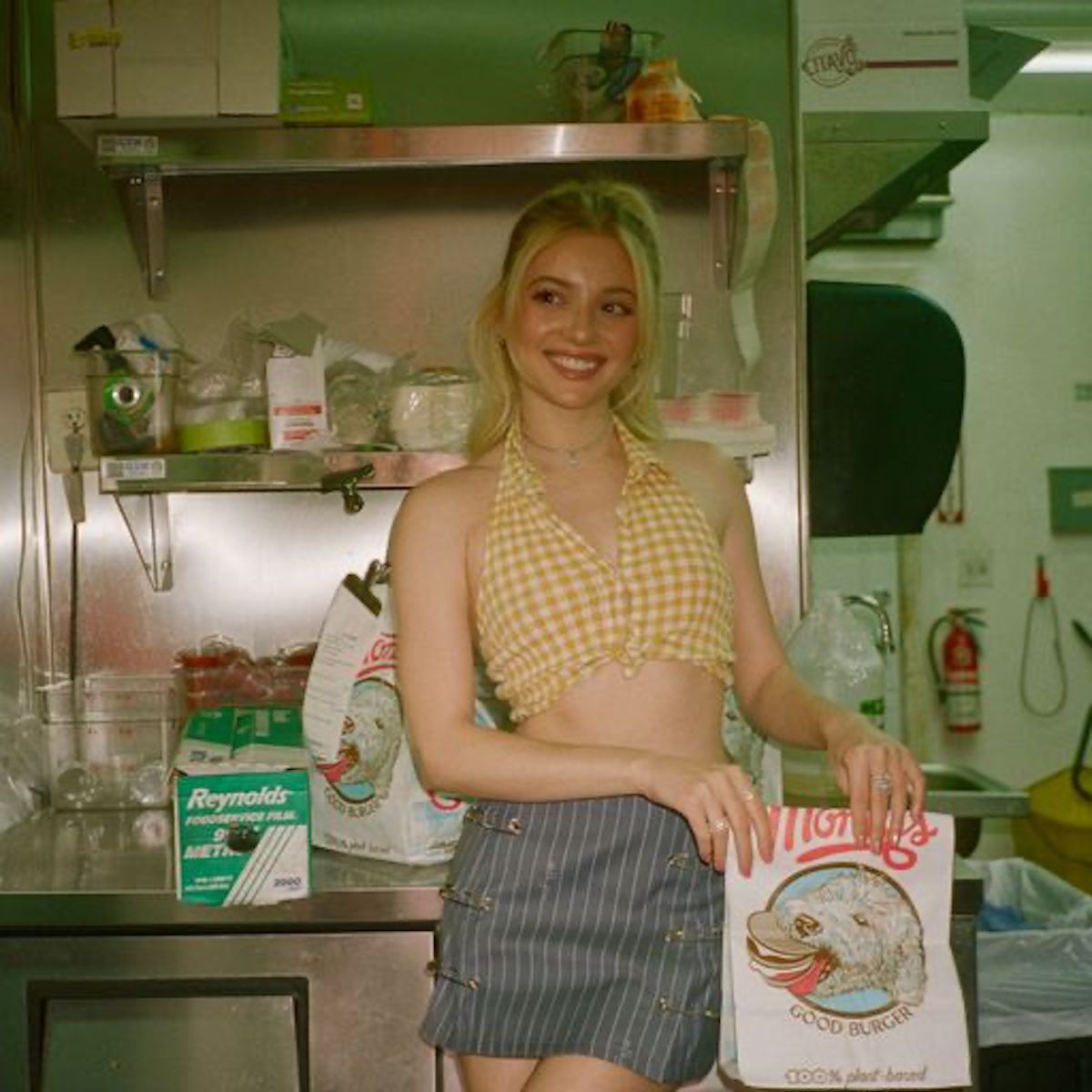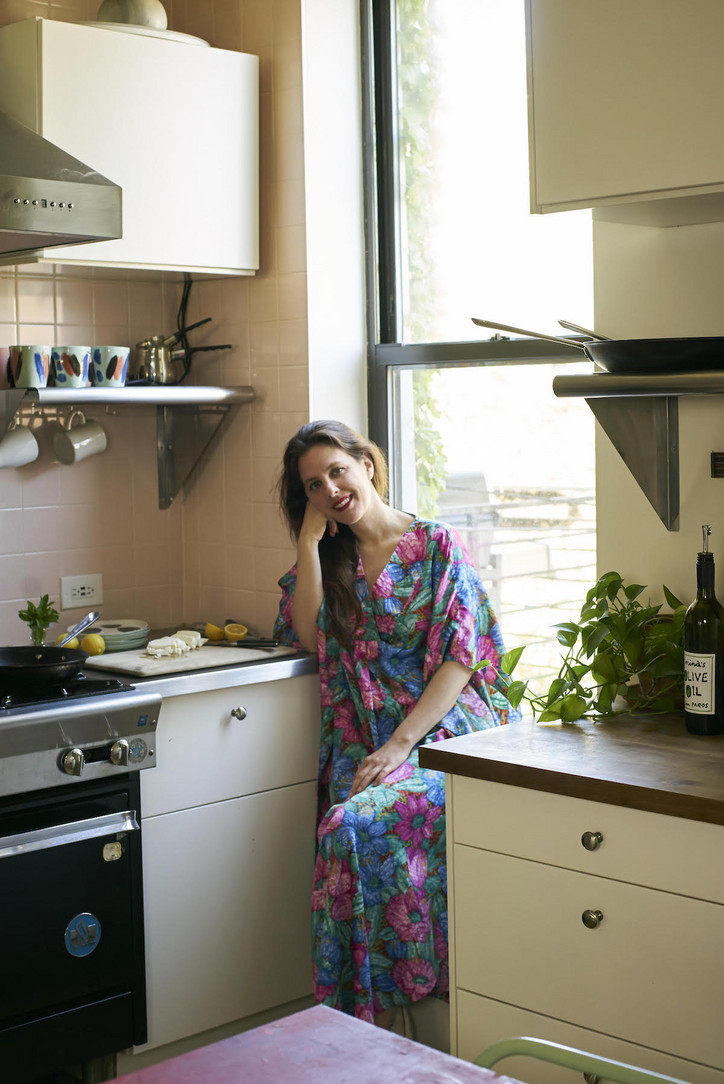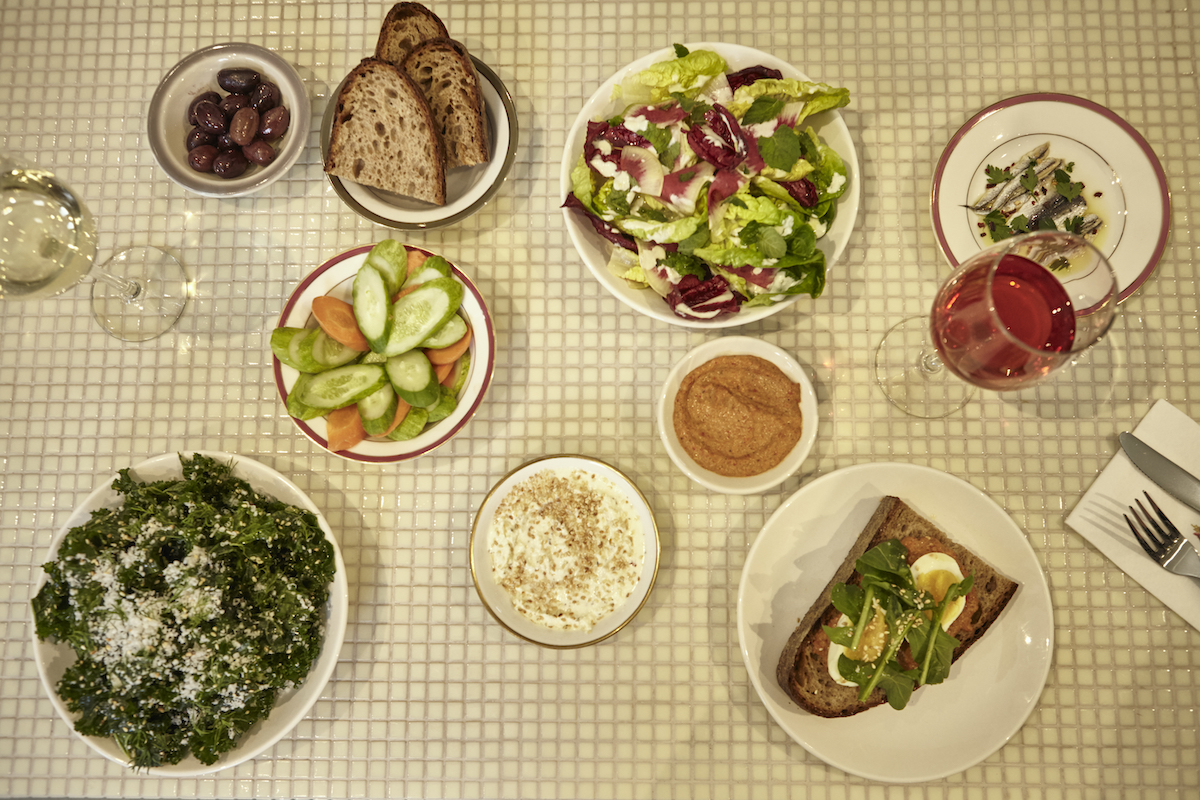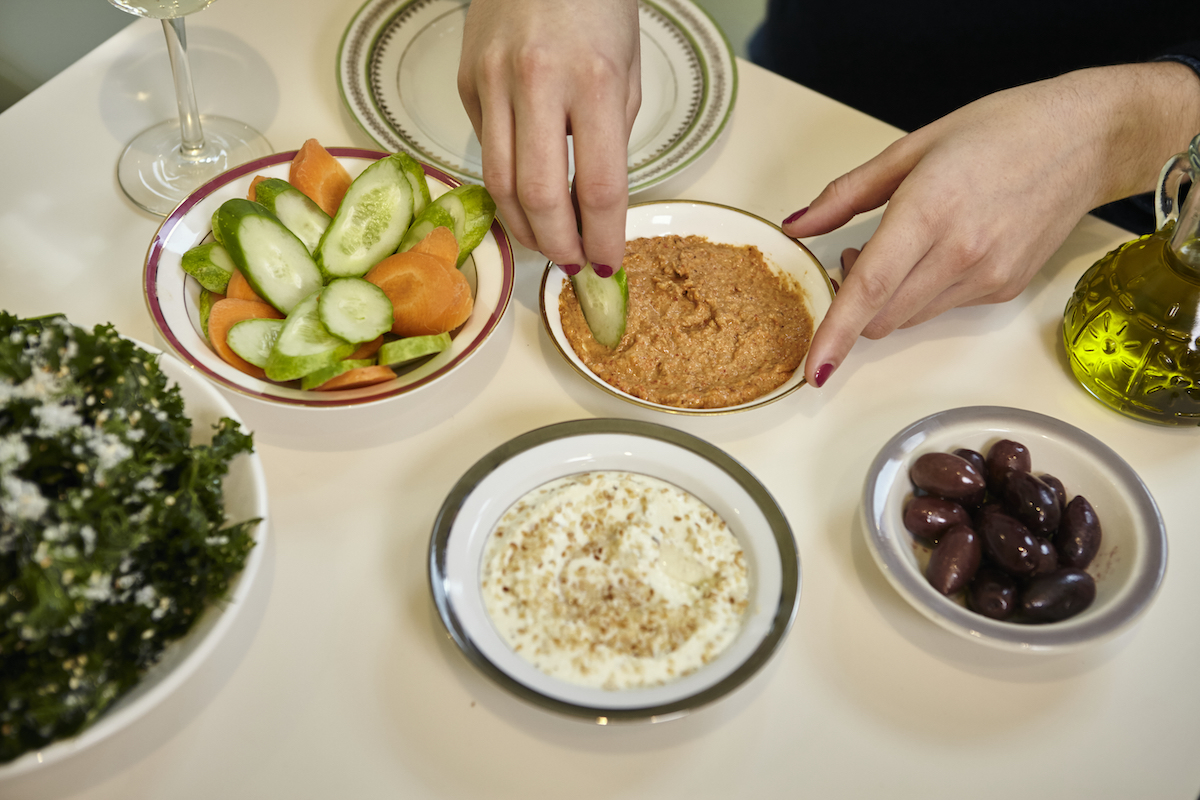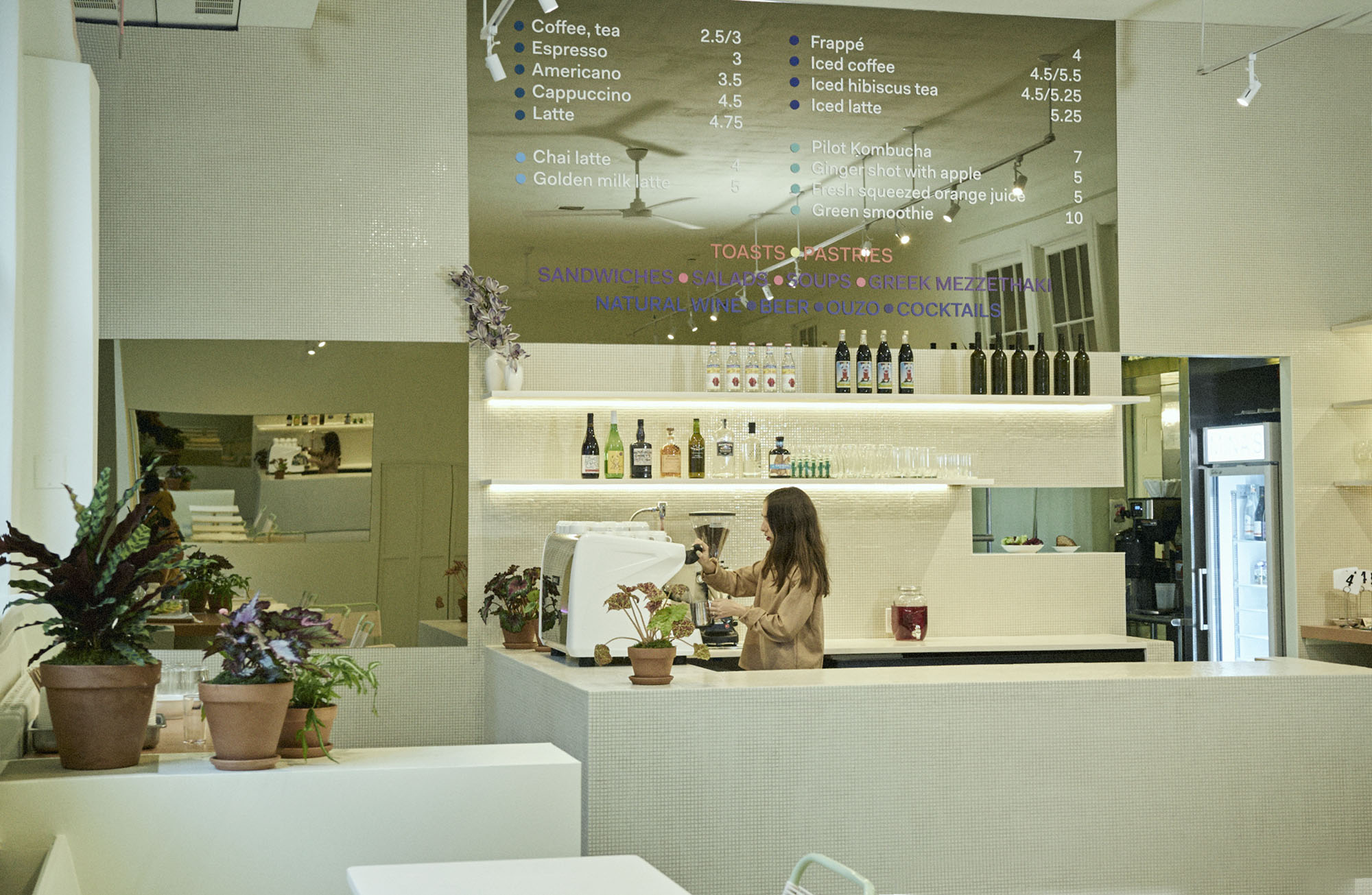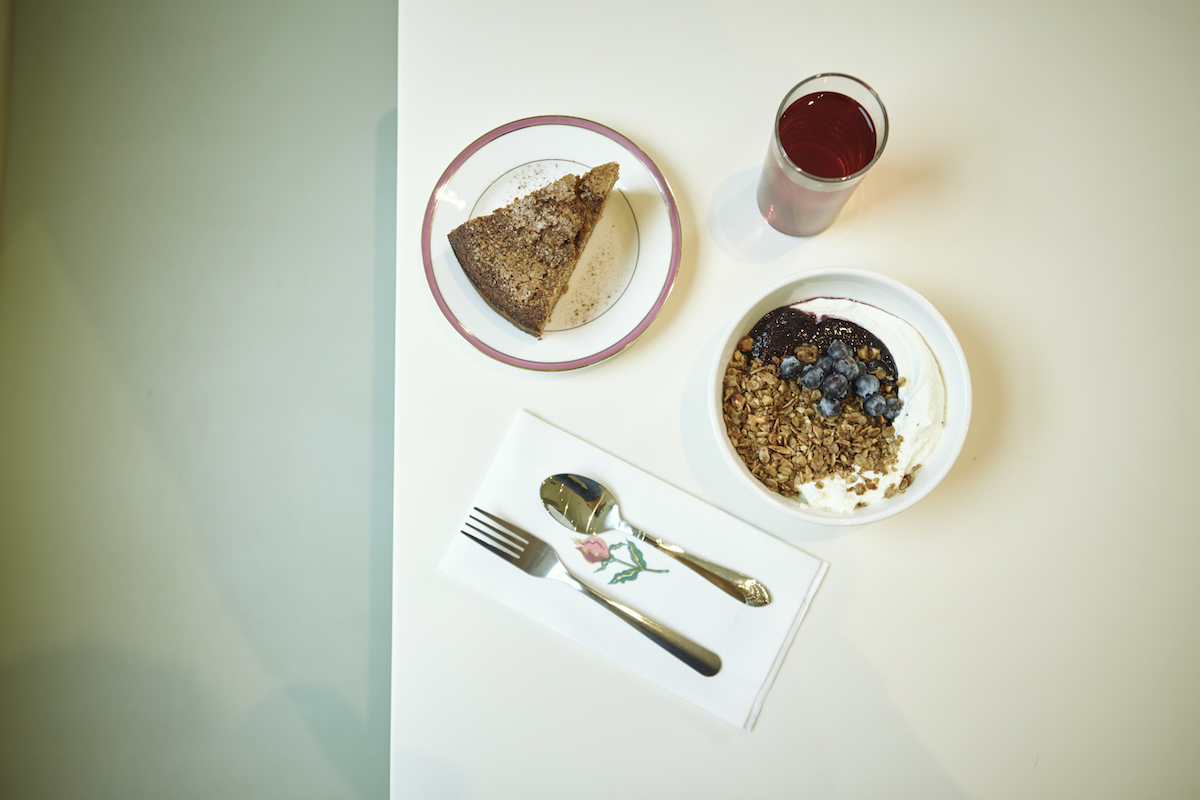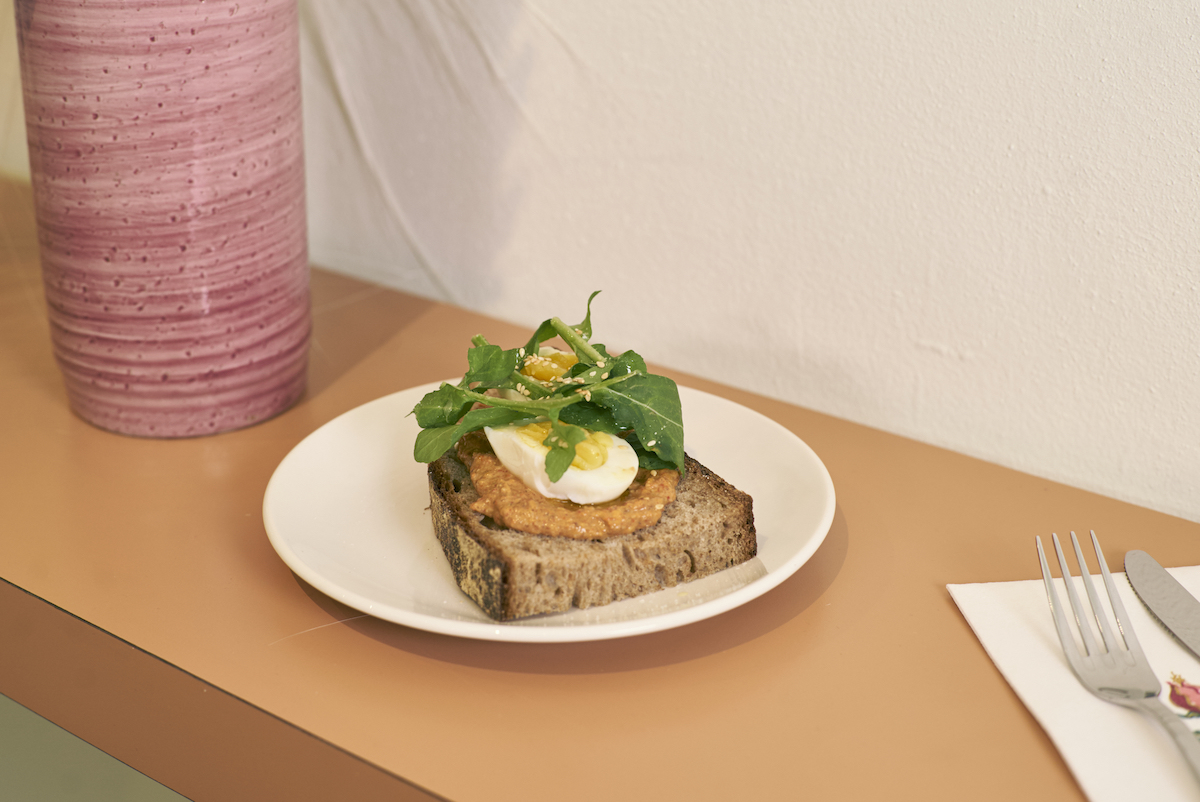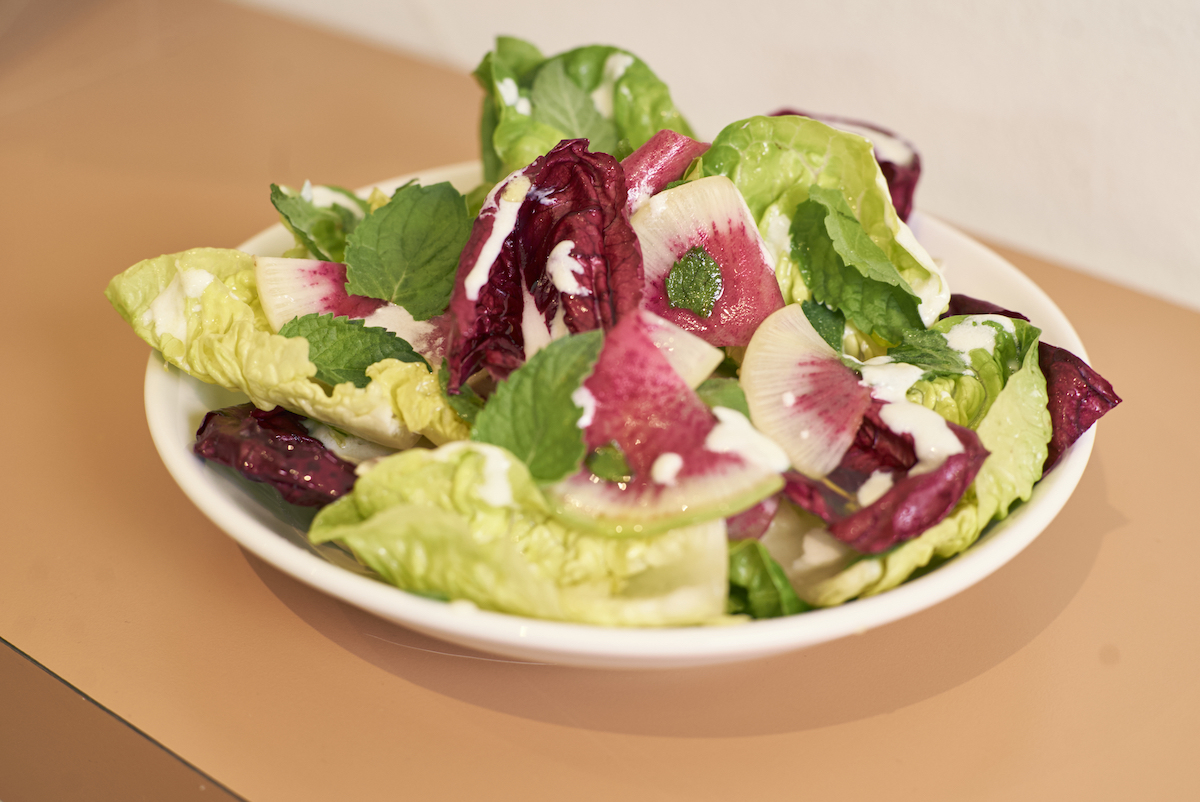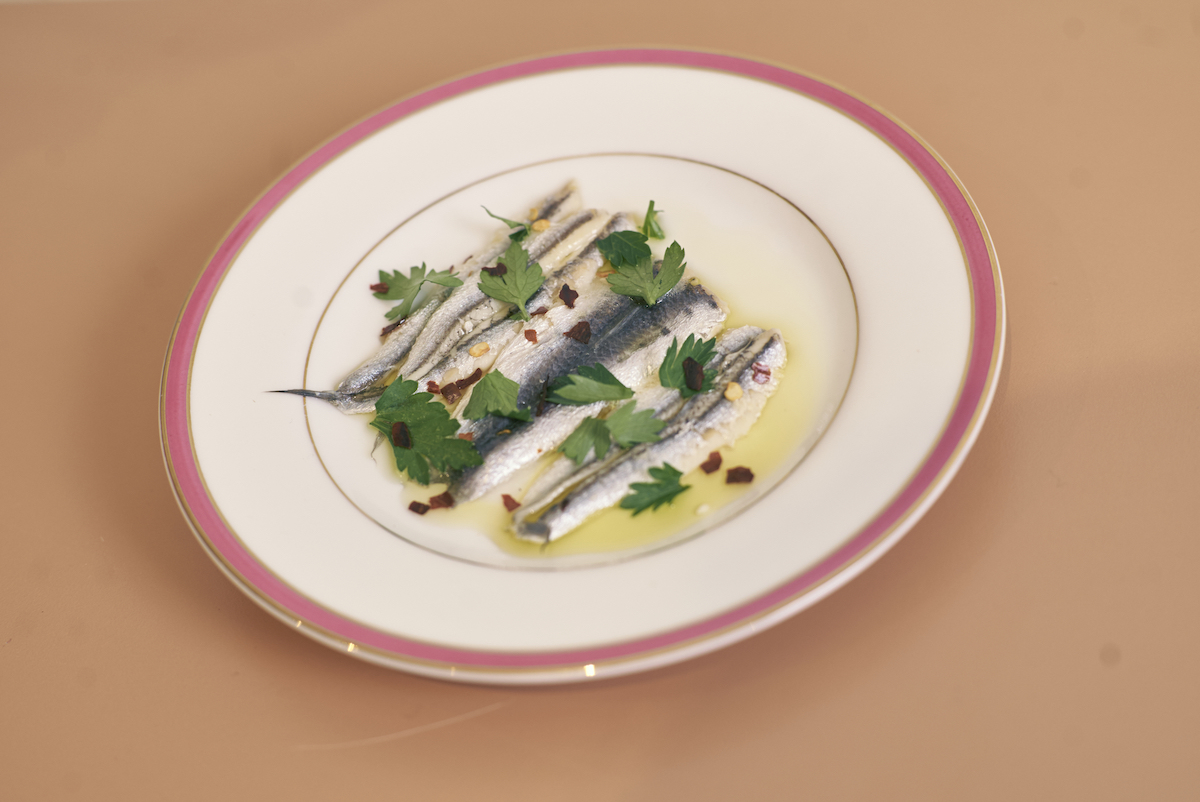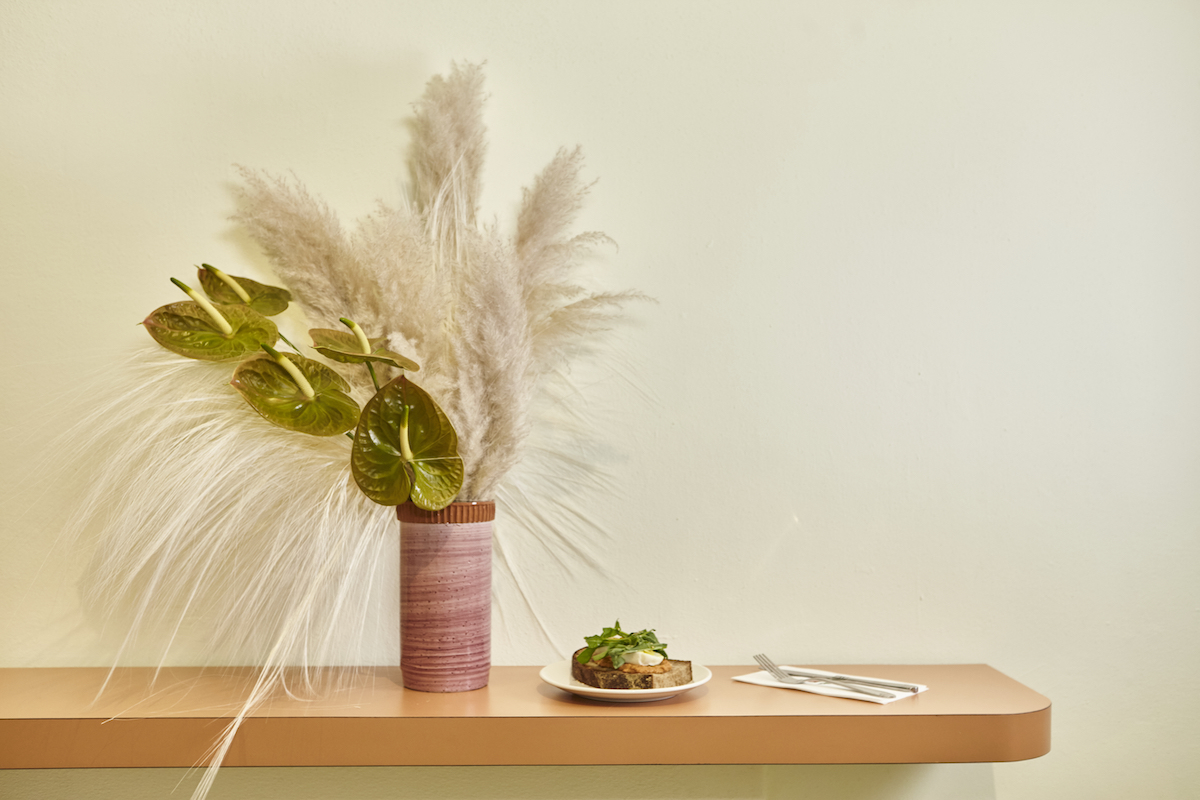Eating Our Way to the Heart with Magdalena O'Neal
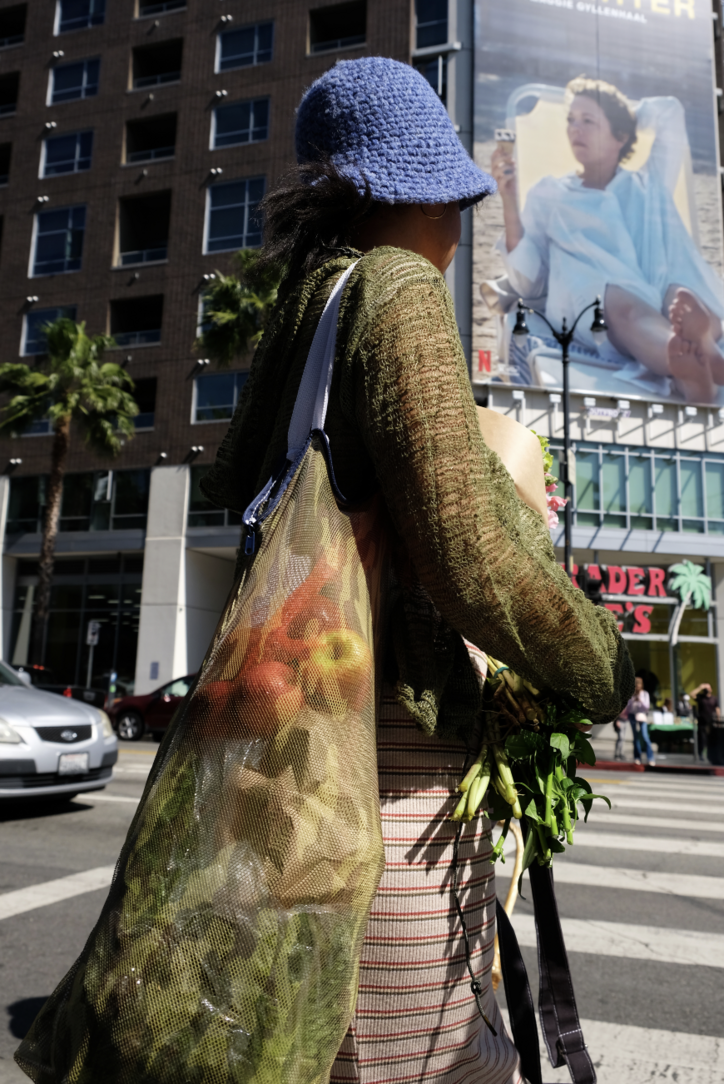
For this piece, food was accompanied by a group of our friends while we sat around her grandparent's dining table. We discussed everything from their love of an impromptu dinner party, finding new restaurants, and what a bummer it is when a favorite spot becomes overrun with too many people you don't want to introduce to your mother.
The magic of a dinner party was put to the test when this meal saw two groups of people, all living in the same city but meeting for the first time.
Find below instructions on how to make her most-loved pasta dish.
So I'd love to know how you first got into cooking.
Cooking has always been a defining part of my life; I can't explain why, but I have gravitated towards it ever since I was little. My parents noticed how much I loved it as I got older, so they started sending me to after-school cooking classes and summer cooking camps. I'd do Mexican cooking classes, butter making classes, just whatever kind of class I could find I was taking. I woke up super early when I was young, at like 4 am, and my dad taught me how to turn on the TV. I knew the Food Network was channel 55, so I would sit and watch the cooking shows every morning before school for hours. My love for cooking quickly became an integral part of my character. My mom was also a huge foodie, and all of her friends were some of the most incredible chefs in the Bay Area, so growing up, I would always cook with them when they had dinner parties. As I got older, I started to bring things to the dinners, a side dish or dessert.
When I was 14, I got a summer internship at this super famous restaurant in the bay called Chez Panisse. It was founded by Alice Waters, one of the pioneers of the farm-to-table movement. It's all about sourcing food locally and always getting fresh ingredients. It's one of the most inspiring food institutions in the Bay Area. I worked there for a month, and it completely changed my relationship with food. It made me want to cook more, it taught me to value the ingredients I used differently than ever before, and it also taught me how to differentiate between qualities of ingredients. I grew up going to my local farmers' market with my parents, but I always took it for granted, it was all I knew, so I didn't understand how lucky I was to constantly get to eat and use such fresh and local ingredients.
During my internship, I mainly worked with pastries. I would go home every day so inspired. I would experiment and make all the different things that I had learned that day. I got really into baking after finishing my internship and got a job at a pie shop. I met this amazing woman who started a pie shop called Pietisserie; she was 28, one of the most beautiful women I have ever seen. I wanted to be just like her; she taught me so much, I still do work for her when I am home.
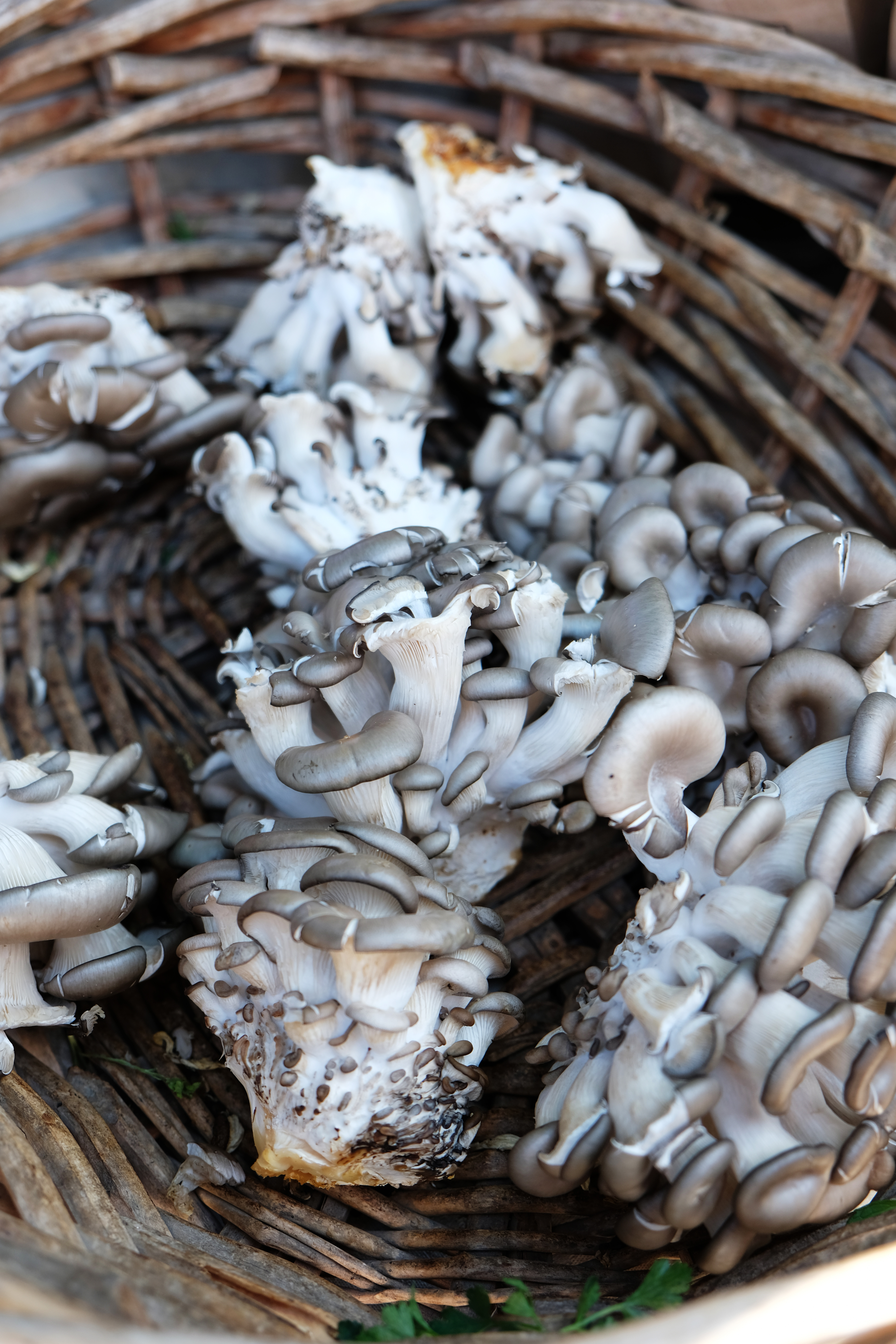
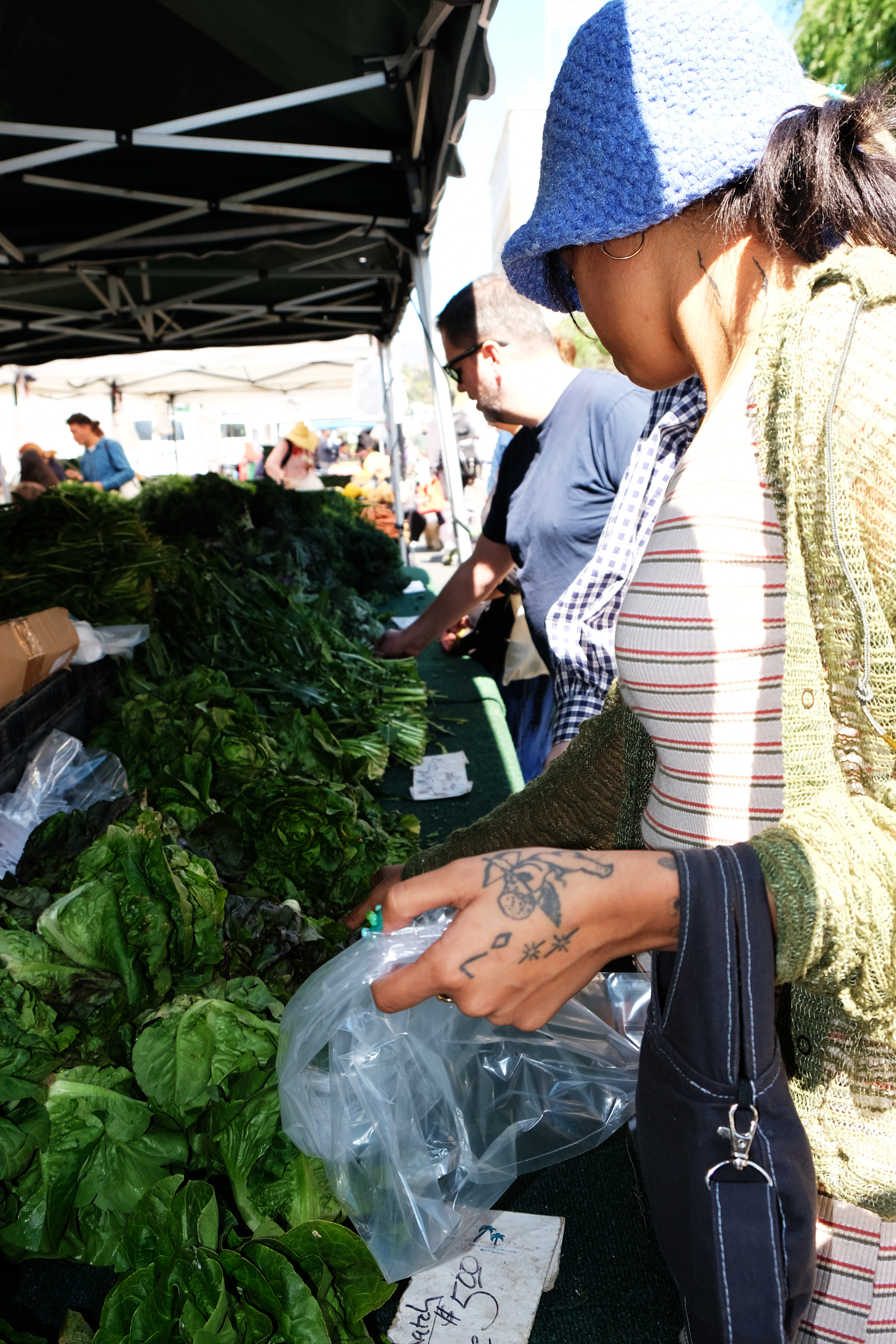

It's great that you found something you were so passionate about early in life. When did writing come into play?
I always wanted to be a writer, and then one day, I realized the two could intersect. Why couldn't I write about food? I have already made it; I know so much about the ins and outs of kitchens and cooking. I am always trying to teach people, to engage them excitingly.
Food is, obviously, such a universal thing. Everyone has to eat! As someone from a foodie family, why do you think mealtime is so crucial to fostering connections with people?
So many of my earliest memories are based around meals. I can remember what I ate; I can remember what was on the table, who made it, who was there. When I ate with my grandma in Berkeley, she would turn the lights down, set the candles up, close the blinds, and we'd have dinner and catch up. No phones were allowed, and we'd talk to each other. I feel like that relationship with mealtime is something that when you have, it makes such a huge difference in your life.
It also makes having to sit down meals so much more meaningful when you aren't able to have them all the time. Now that I'm older and I have this chosen family in my friends who also love food as much as me, we do dinner parties. Or if we don't want to eat, we go out to a fun restaurant, and that's our moment to congregate and catch up and see what's going on in each other's lives. We love to experiment with food, so one good thing about going out is that it allows us to try different cuisines. We get to taste and learn about other people through our food. I think this unforgettable moment can happen when you're around a table with people, and you can connect over a meal. It is so heartfelt whether or not you intend it to be. If I make you something from scratch and you eat it, we are forming a connection.
Whether or not you grew up with a relationship to food the way I did, or you have someone in your life that cooks for you, you can feel that sense of care when you eat a good home-cooked meal. I think there's so much good, especially community healing, that can happen through food and supporting spaces like the farmer's market or community gardens.
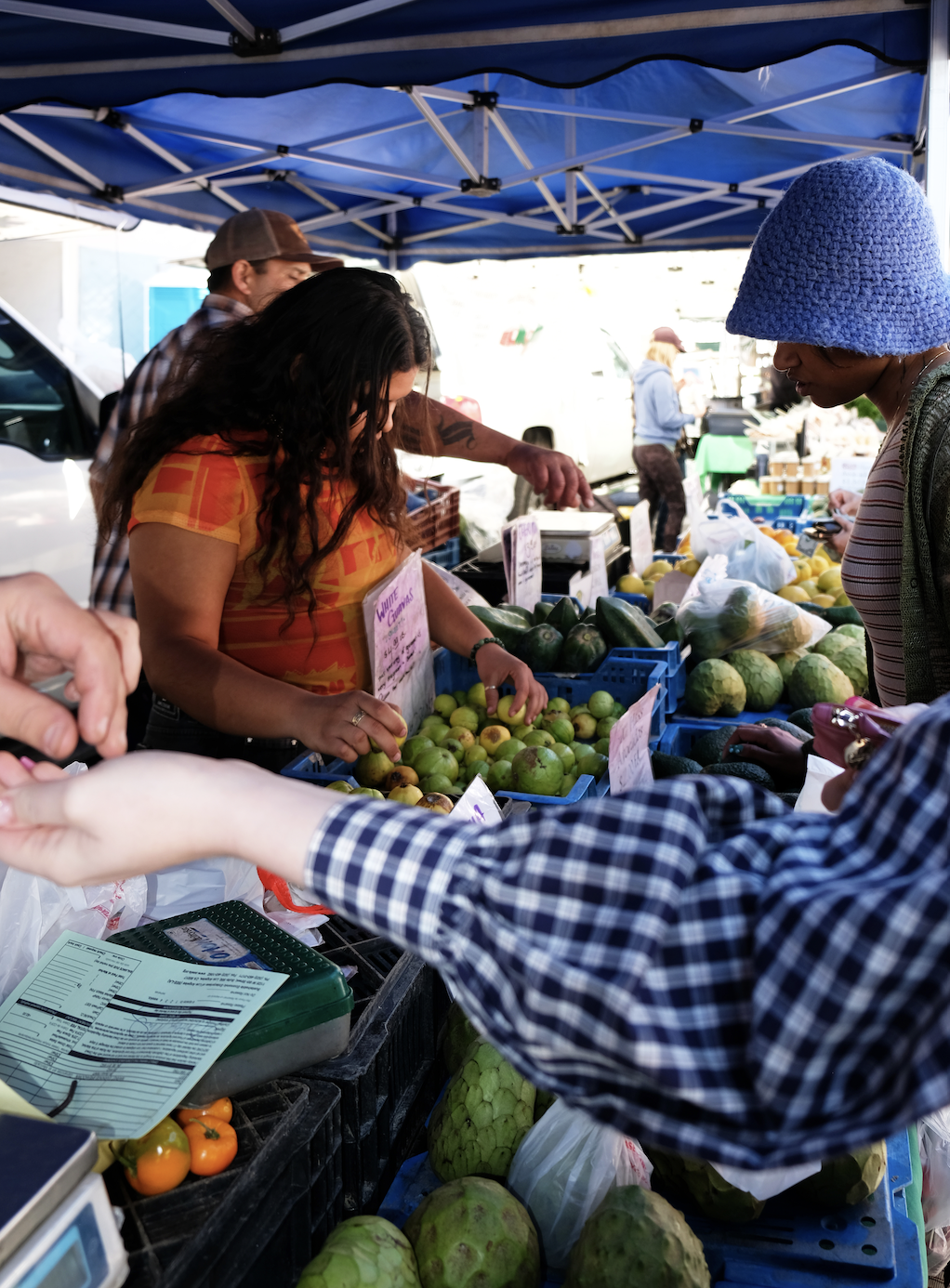
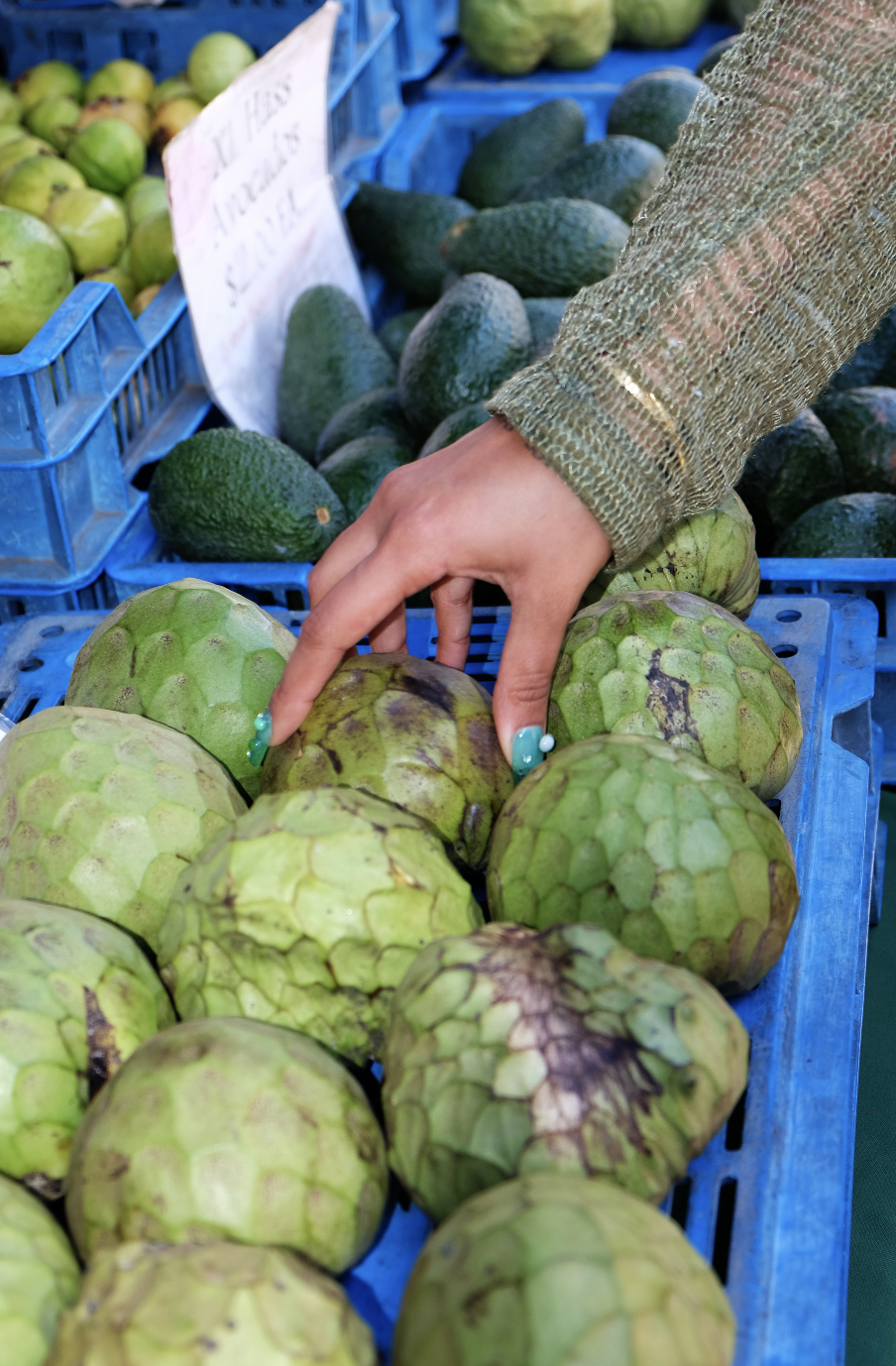
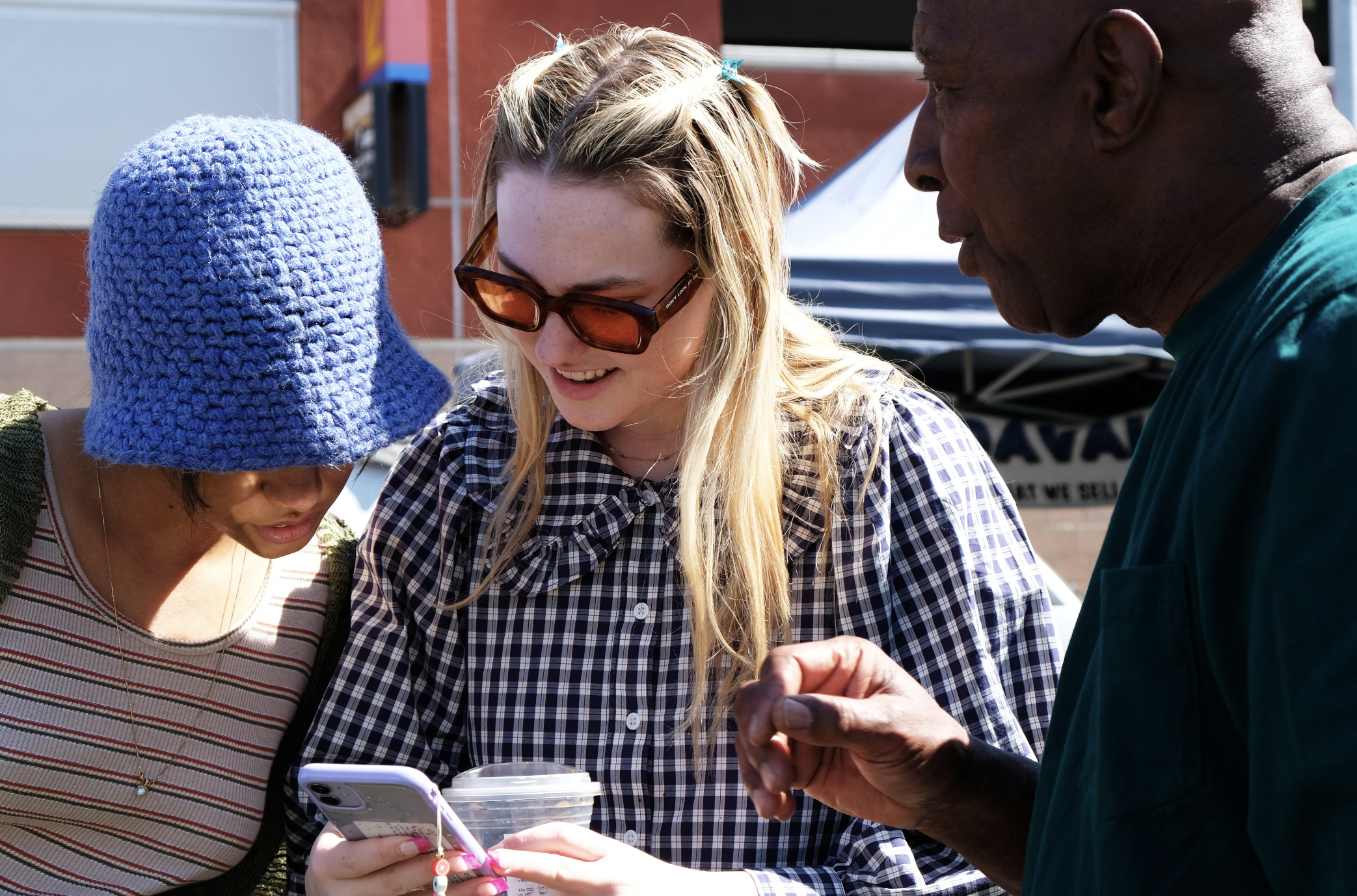
Backtracking to something you touched on earlier, you mentioned going to the farmers market growing up. Do you think that shaped your relationship, not only to food but to the ingredients in food?
Especially when I got to LA, and I've only been here for three years, I felt like I almost lost my footing cooking for myself. I got caught up in the LA culture of going out to eat with my friends. It was something we wanted to do every weekend. Then I had this moment where I realized I never cooked anymore, and the people around me who I was close to had no idea I knew how to cook at all. I was like, oh, this is crazy that you guys don't see this thing that's such a massive part of my life that's so important to me. I had that realization when my mom was here, so we just started going to the LA farmer's markets together.
I began to have those same experiences that I had as a kid, touching things and getting so excited about all the options. My friends always want to come with me to the farmer's market. They're always asking questions like how do you know what's good and why do you shop at this booth and not that one. I think that what's interesting about our age demographic, people are interested in food, but they don't know how to further that interest. It's not like painting where you're like, okay, I'll get a canvas and paint or making music where you might get in the studio and figure it out. If you cook and don't use something you bought, it's discouraging.
If you go to the farmer's market and buy things, and you don't use them, you feel bad. People get in their heads about wasting food and money or having an ingredient and not knowing how to make it work with other things you have in the kitchen. I want to teach people that it's okay to mess up. I want people to see that sometimes all you need to do is make a few minor adjustments, and a whole new world will open up to you.
Aside from your writing, how do you teach that in your day-to-day life?
For one, I take my friends to the farmer's market, and I'm like, here's your $40? What are you going to get? If you're going to buy that, what are you going to do with it? I try to remind them to make a plan before going in. People underestimate the value of a list. I want my friends and anyone who reads my work to understand the beauty of simple things. It goes back to things I learned at Chez Panisse. They taught me how to value ingredients, find ways to use everything, and ensure that nothing ever went to waste. The chef once gave me a blueberry, and she said, 'taste this.' And I was like, oh, that's good. Then she handed me another, and I was like, that's phenomenal. It was the best blueberry I had ever had in my life. She had picked those two blueberries out of an entire carton of them.
She taught me how to differentiate between the good and the amazing with look, smell, and touch. It takes time, and it's something you have to figure out, but the process of learning can be so fun. I will pick up a peach at the market and make my friends feel it and smell it. I point out how one is just slightly better than the other. Soon it just becomes second nature to them, and that's such a fantastic thing to watch happen.
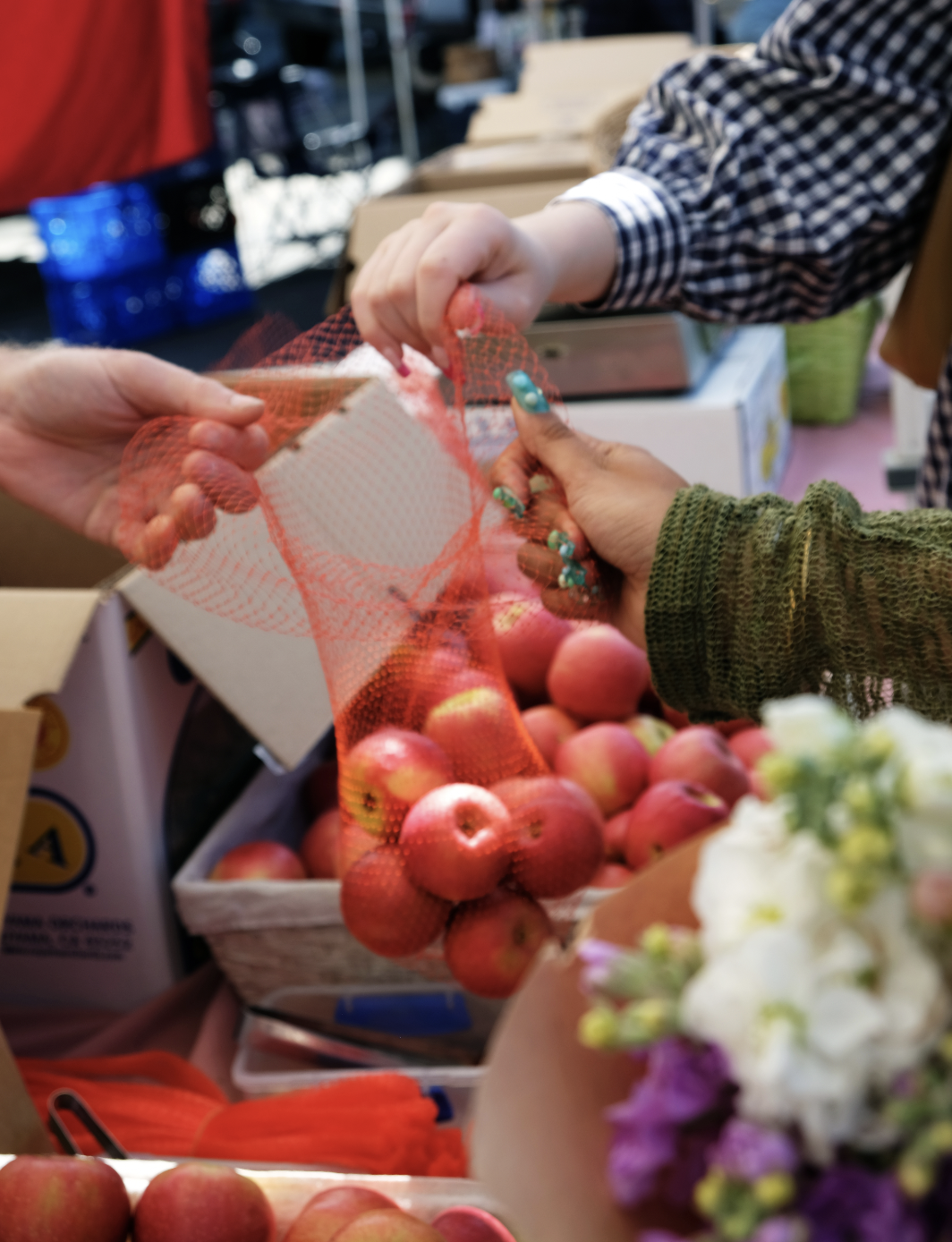
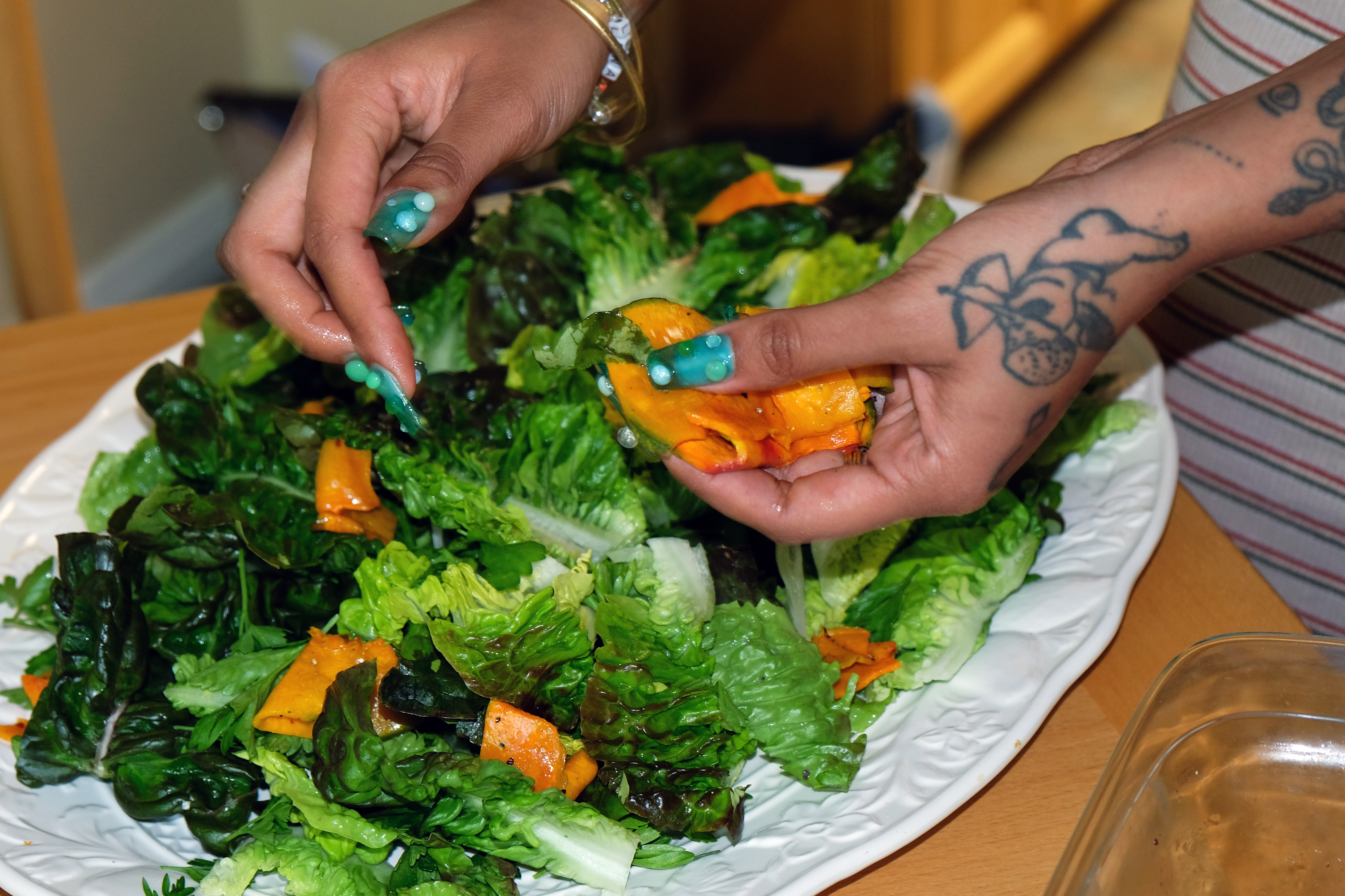
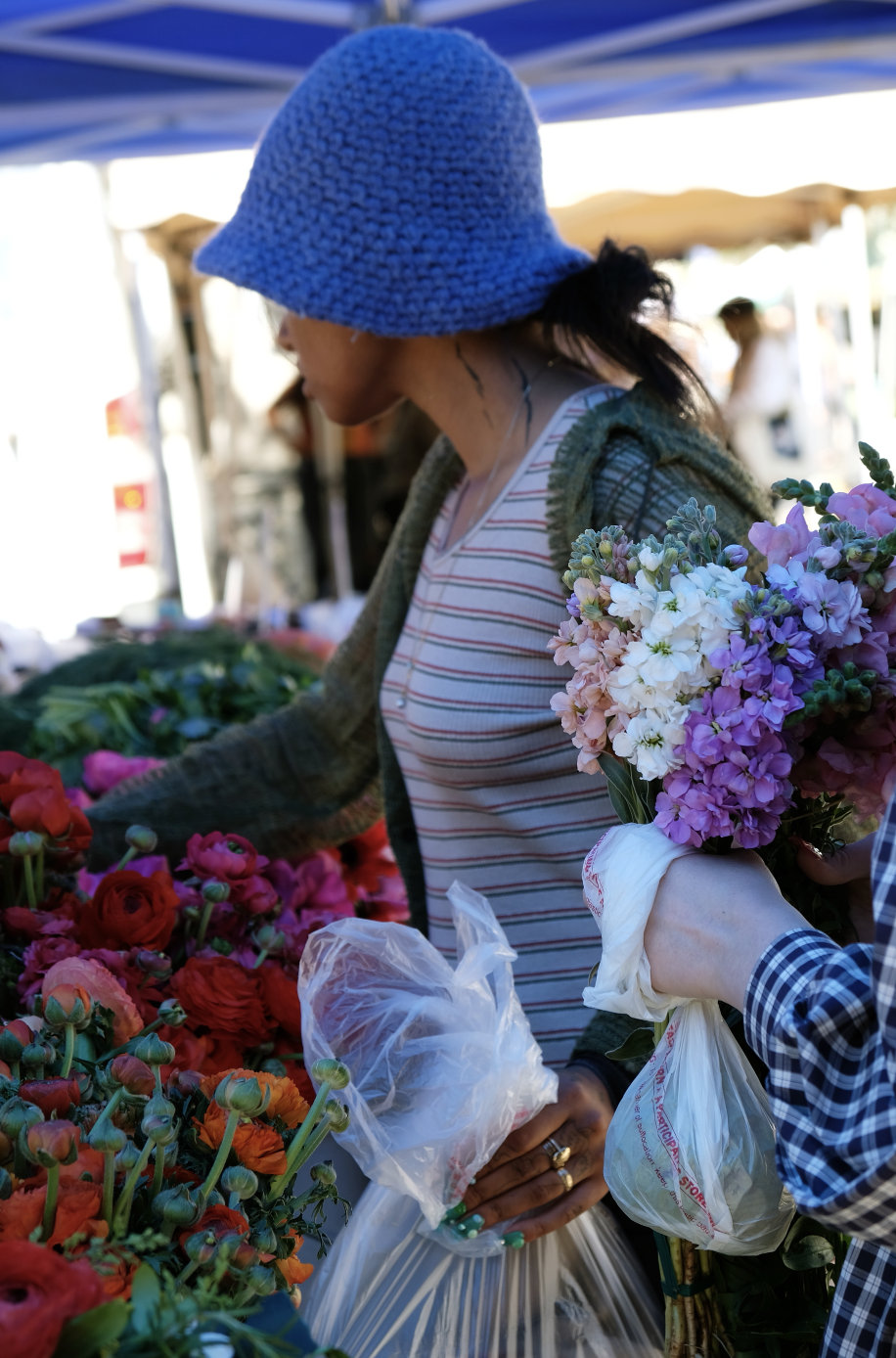
That must be so amazing to witness.
It is! It's also interesting to see how people gravitate towards how my friends and I relate to food. My friends Siya, Ash, and I started to have these dinners every so often where we would try and empty our fridges. We would come together and experiment and try and make things work with what we had leftover from the past week. It started to turn into a whole thing where people would hear we were making dinner, and they would want to come. And even if they didn't have any food to bring, they would bring wine or cheese, something to contribute to the evening. Even with tonight, I saw one of my friends the other day, and she was like, 'I hear you're having a dinner party, and I wasn't invited.' People always want to come to dinner. They want to gather and be with others around good food, especially after the past two years. There's something about being in your early to mid-twenties and having an excellent home-cooked meal away from home. It brings people together while also returning them to pivotal moments in their lives.
In my opinion, a home-cooked meal always tastes the best!
Exactly! We're at my maternal grandmother's house right now, but my paternal grandma lives in the Bay Area. I grew up in Oakland, and my parents were super young. They were 26 when they had me. So she stepped in a lot, picked me up from school, took me to her house for dinner, and we'd do these more average family things like sit down at a table to eat. You know my mom was 30 and she was always like, let's do this thing, let's go to this art gallery in San Francisco, then we'll go out to this pub, and we'll have grilled cheeses together. And growing up with these young parents was unique and fun, but it was nice to do these more mundane familial things with my grandma.
My grandma is a fantastic cook, and I would also ask her why she wasn't a chef why she wasn't opening a restaurant. I always just assumed that that's what people who cook well do! And she always would look at me and say, 'if I did it like that, I would hate it, and I wouldn't want to do it for you guys.' I think that's why I hid the fact that I cooked for so long. I felt that cooking was only for people that you love. I thought it would lose its magic if I did it for other people. Then I had a moment when I realized I don't just need to love you to cook for you. Cooking for other people helps the magic grow for me. Don't get me wrong, I cook amazing dinners for people. I got my man by cooking him a fantastic dinner! They aren't wrong when they say a way to a man's heart is through their stomach, but then again, I think the way to anyone's heart is through their stomach.
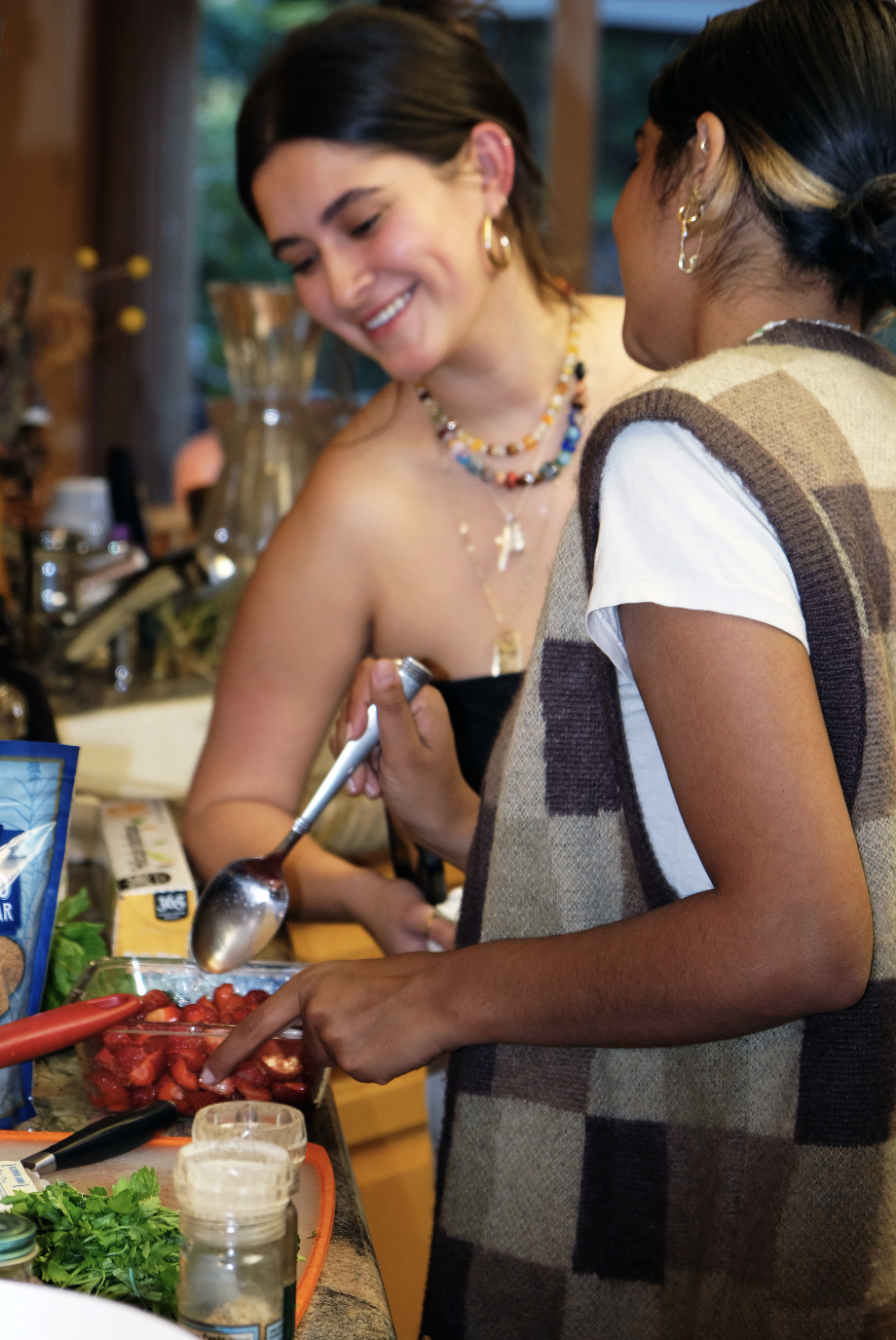
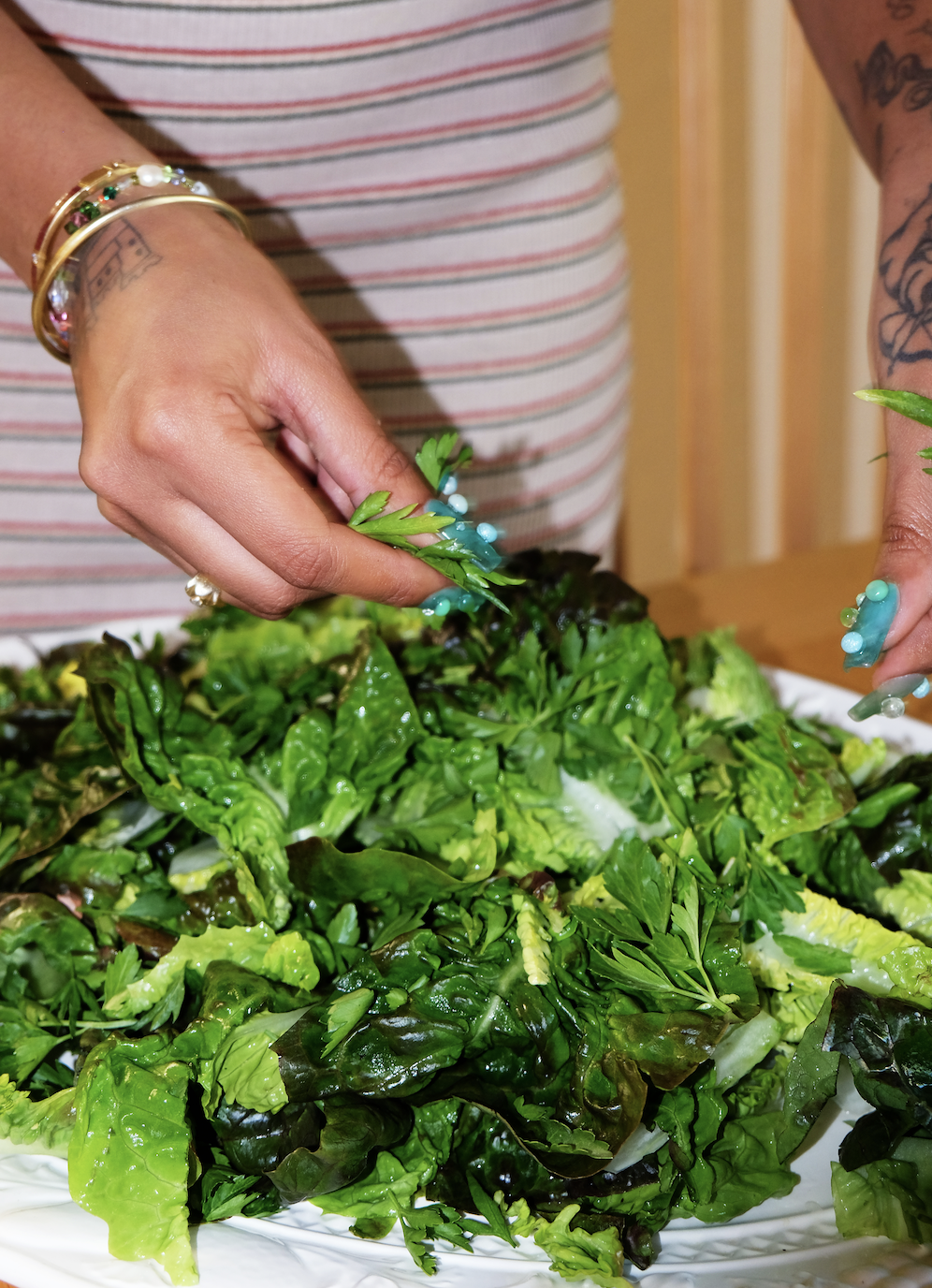
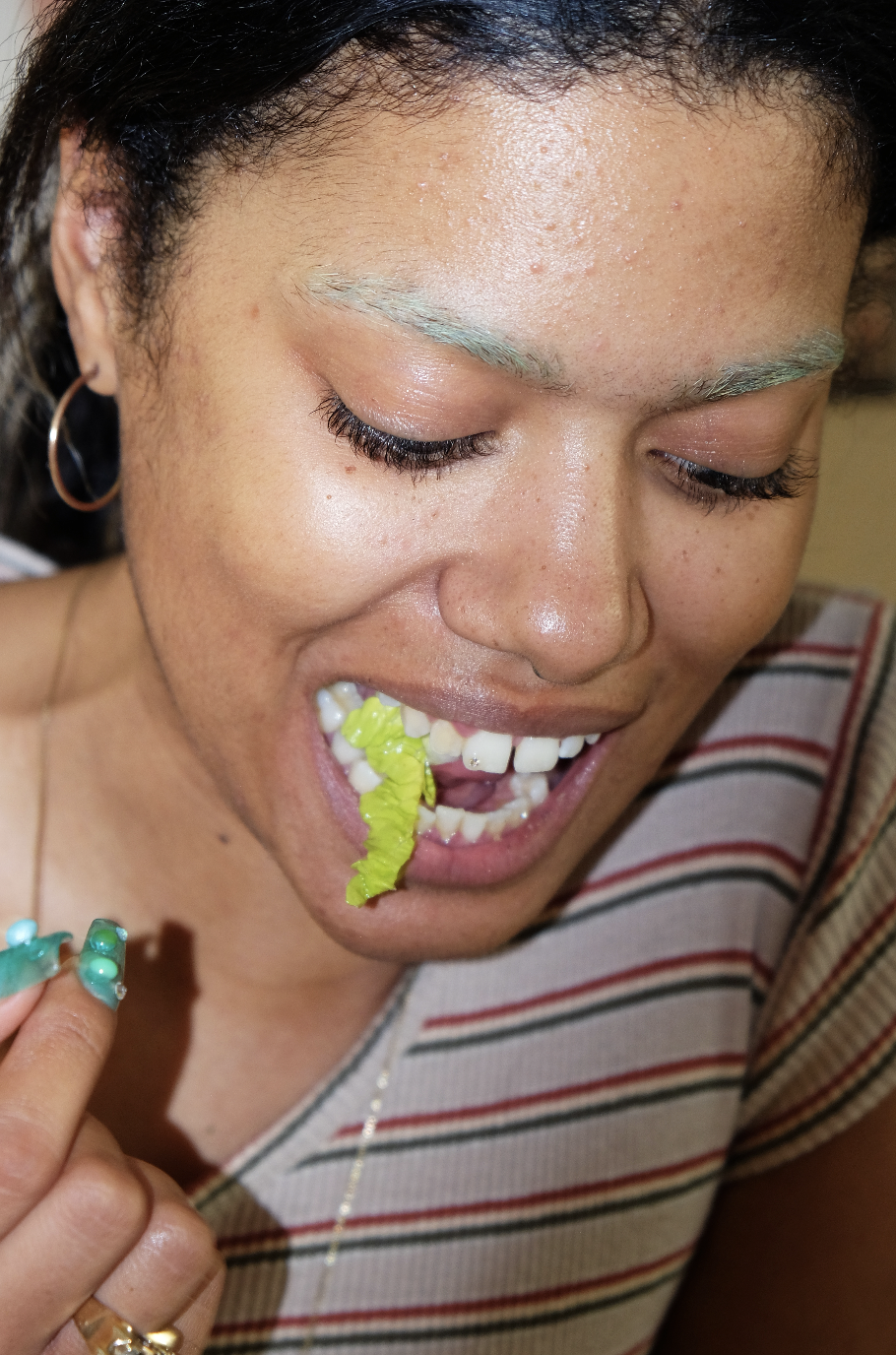
I feel like it's fair to say that food has been a way people have fostered community connection since people started making food. I'd love to know why you think that is.
I think the idea of community has shifted in recent years. So many creatives use this kind of bartering system to get inspiration or share things with others. My friends are continually trading stuff with each other. Oh, I'll shoot this thing if you can help me with this set for another thing I'm doing, you know, continually trading skills. I always thought food didn't factor into that, but then I started posting what I was making, and people were reaching out and saying can I have some cookies for this thing in return? My tattoo artist is my really good friend, and I trade her edibles for tattoos. I'll make her a whole tray of fudge with around a thousand milligrams of THC. And that's super-valuable to her because she's like, it tastes fantastic, and I'm stoned. The purpose is served. I have another friend who does my nails, and she was like, I'll give you a set if you make me a whole carrot cake.
That's amazing. I told Emilie, "look, I can't pay you in money, but I can pay you in really great food!"
Exactly! I also think it's like one of the huge things for me with food is the intention. I believe in any creative field, and I especially think writers have this kind of skill to sit back and acknowledge everything. When I start writing a story, my intro is setting the stage. Right? I'm setting the scene, and food is kind of like that. As a writer, you put it all on the page, and with food, it's the same thing. I want to destigmatize this idea that food has to be expensive, it has to be Michelin star, or it has to be so good you wipe the plate down clean. It doesn't have to be that extravagant. You can go to the farmer's market, get one bag, and feed ten people.
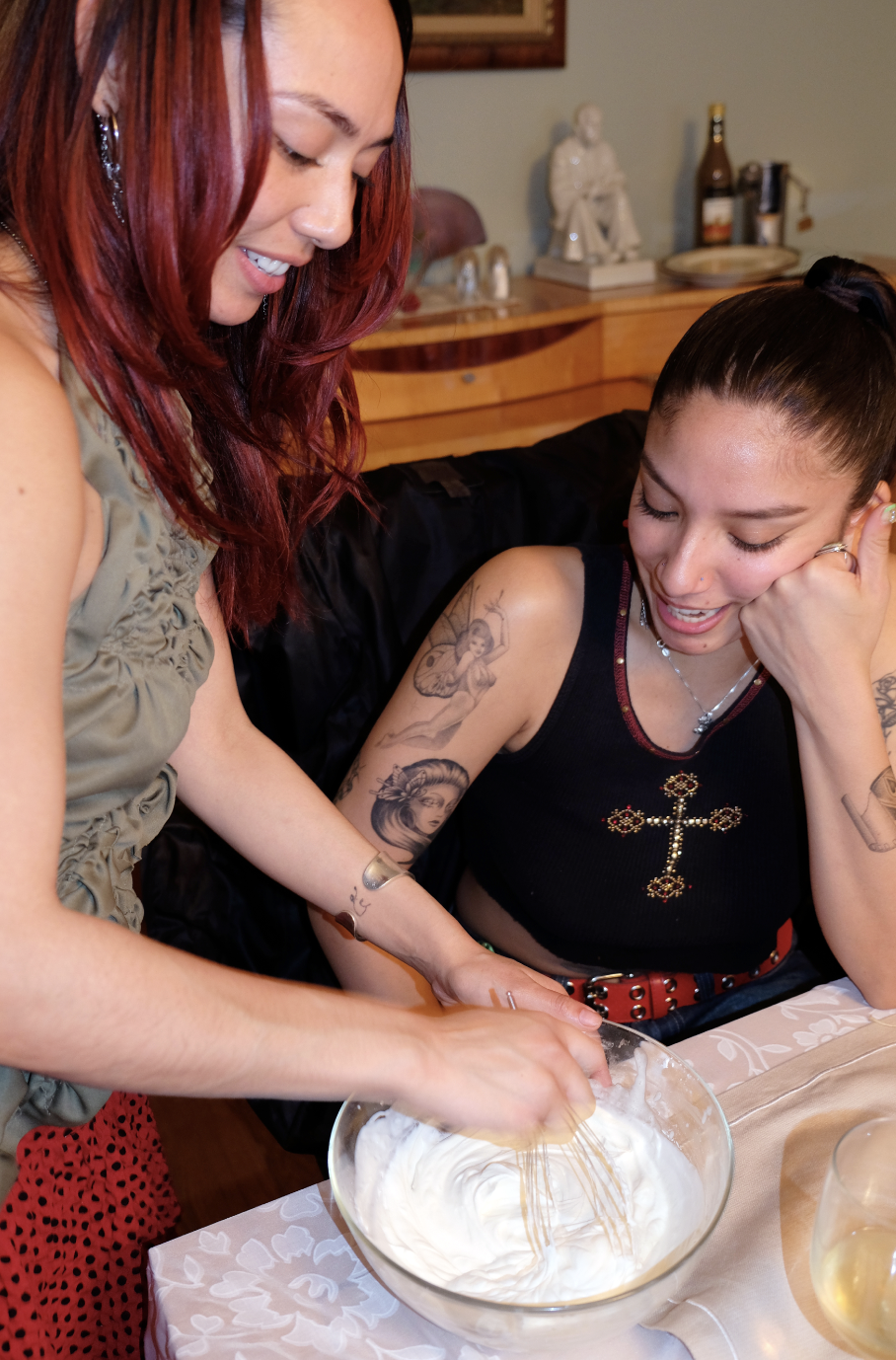
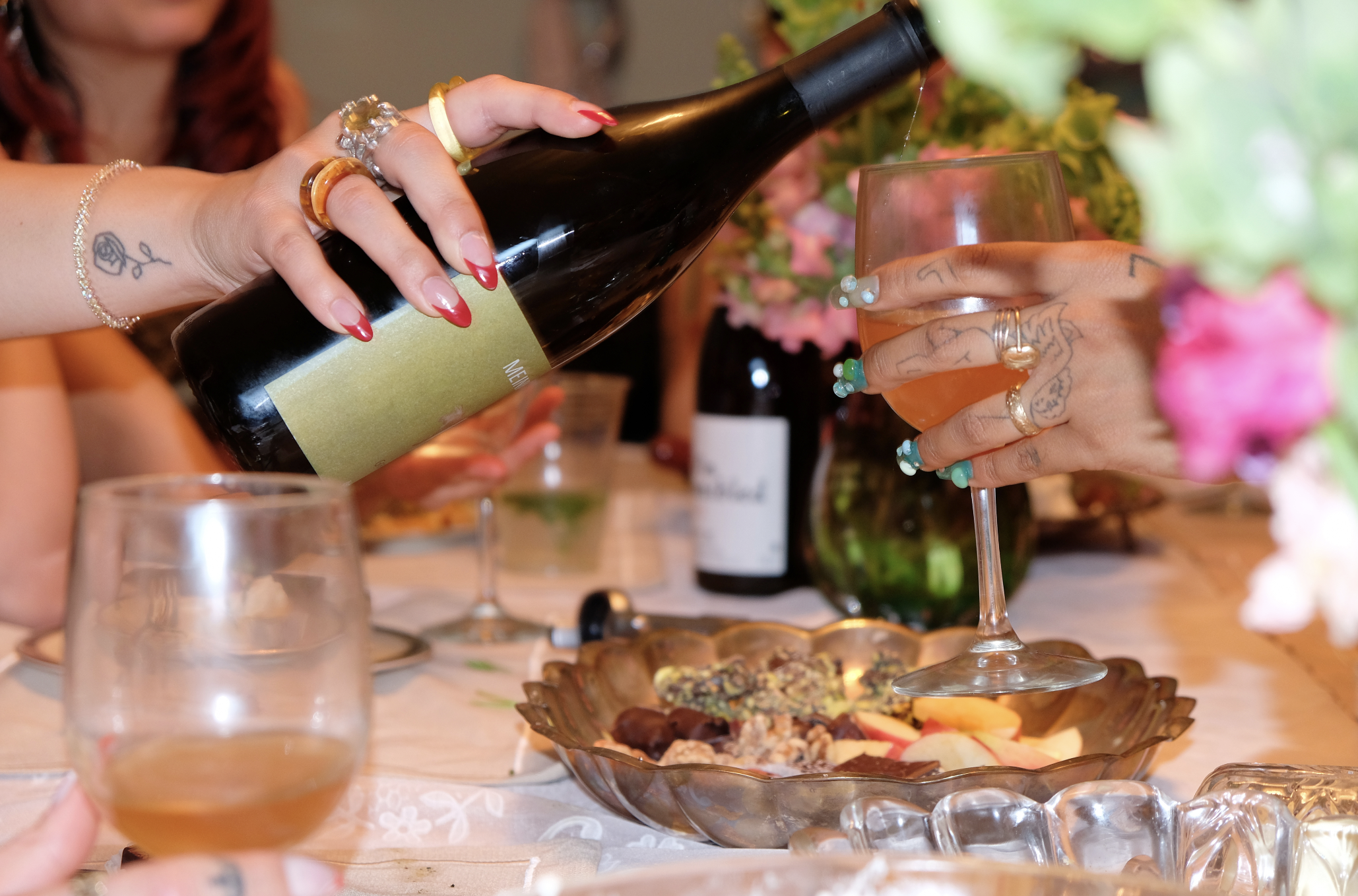
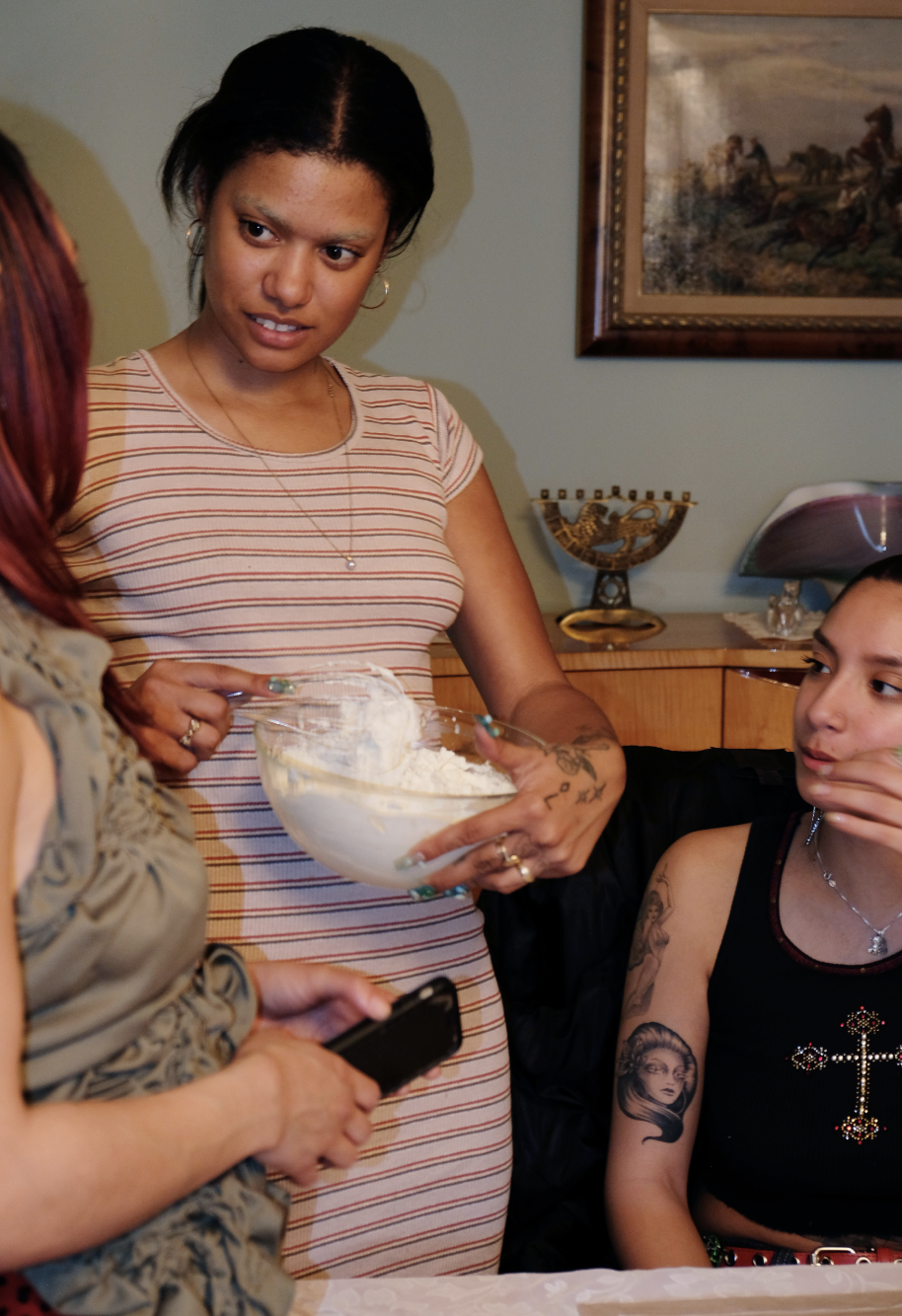
And you are probably cooking one of the better dinners people have had in a long time! Going back to your point about using the ingredients in the fridge, especially in America, the amount of food waste is unimaginable. Whether it be leftovers or something you forgot in the back of the refrigerator, developing a better relationship and understanding of food helps reduce that, right?
Exactly. That's also why I started posting my food on Instagram. I wanted to show people that you can have this random mix of ingredients and still make something unforgettable. Even today, I made herb oil this morning, and while yes, we bought herbs today, I had herbs from last week that were a bit brown. Instead of throwing them away, I blanch them, put them in an ice bath, blend them with oil, strain it, and it'll last you three weeks. It tastes like fresh herbs and helps you reduce waste. It was fun to start experimenting with making things last. If I have leftover mushrooms, I can sauté them, get them crispy, and then I can freeze them, or I can put them in the fridge in the last for four more days.
I like making things stretch, but I also think going to the farmer's market has made me wanna do that more. Like the mushroom guy, I build these relationships with people at the farmer's market. He remembers me now, I come to him every week, and I can't lie, I'm going to feel bad if I go next week, and I know I threw away those mushrooms or let them go bad.
It's building a relationship with the ingredients and the people who bring those ingredients!
Exactly! By building relationships with the people, you get your food from reducing separation from product and person. There's this super weird separation when you go to the grocery store, and you have like to make all these decisions by yourself, and you're in the produce section like, well, do I want this tomato or that one? What's the difference? But I go to the farmer's market, and I'm like, what's a cherimoya. And she's like, oh, it's like this, and we're smelling guavas together. You know?
You are also always getting to learn new things along the way.
Yes. I think bringing an educational level to food and ingredients will change everything for people. We must care about where our food comes from and have some knowledge about getting it from the farm to our tables.
What would you tell someone who is just starting their cooking journey?
So one of the big stories I do for Sunset is our food and drink newsletter every Monday, and a lot of the pieces I do are for home cooks. One thing that helped me find my footing when I started my cooking journey was subscribing to a newsletter, which is not a push for my work. I like the New York times food newsletter, and they send it two or three times a week. You get it on Sunday night, and it tells you what to cook for the start of the week. Then they send another one during the week, and they just lay out a menu for you. It says on Monday, make this on Tuesday, and it takes the stress off of trying to think of things to cook. If you know you're going to be busy on Wednesday, you can go through the newsletter and pick an easy meal for that night, or you can make something on Tuesday that you know will hold up for a night or two.
I would also say that Google is your best friend. I roasted a few beats earlier today for our charcuterie spread, and I had the beat greens leftover. I didn't just want to throw them away, so I went and Googled, what to do with beat greens, and made some beat green chips! If you like mushrooms, you can look up mushroom recipes or 20 things to do with mushrooms, and you're probably going to find at least six things you'll love. Another thing I also write that I like for beginners especially is what to cook this month. So I write that every month and add recipes that consist of things in season.
This month was all about winter citrus, grapefruit, blood orange, Meyer lemons. So I have a recipe for how you can make a roast chicken with Meyer lemons and rice or potatoes underneath it—using one ingredient across like many things is beneficial because it builds confidence with that one thing. I believe that it's mostly about taking it slowly. Learning basics developing an understanding of what flavors you like, start with making a portion of a meal that you want, and you can get the rest premade. If you like the premade ravioli from Trader Joe's, which are so good, make your sauce. Start with something small that isn't a real meal cause that can be intimidating.
Start slow!
Exactly. And look, I think people forget this with cooking. You're going to eat every day. You have to eat every single day. So if there's something you want, make it! Learn and know that you might mess up, but it will be better next time!
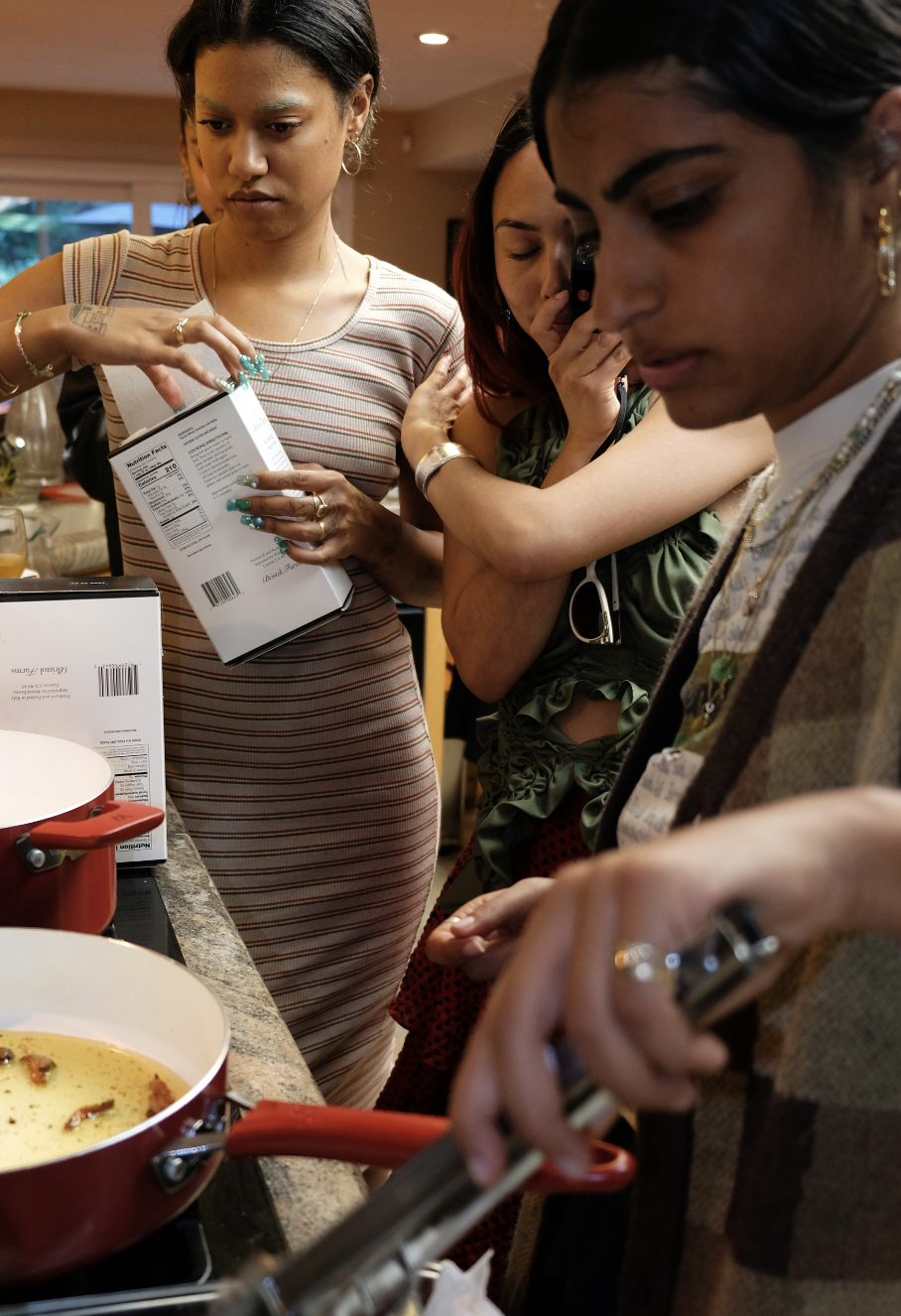
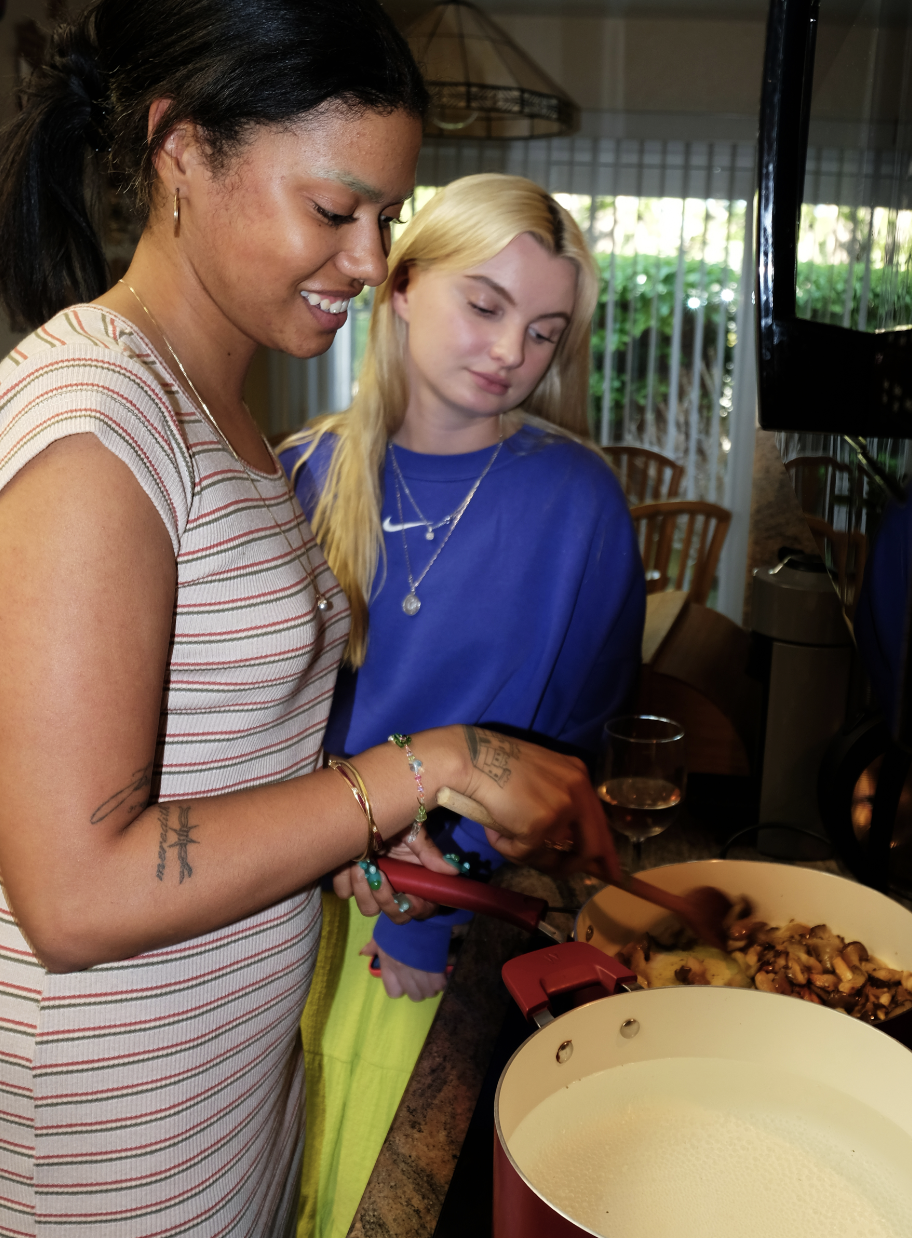
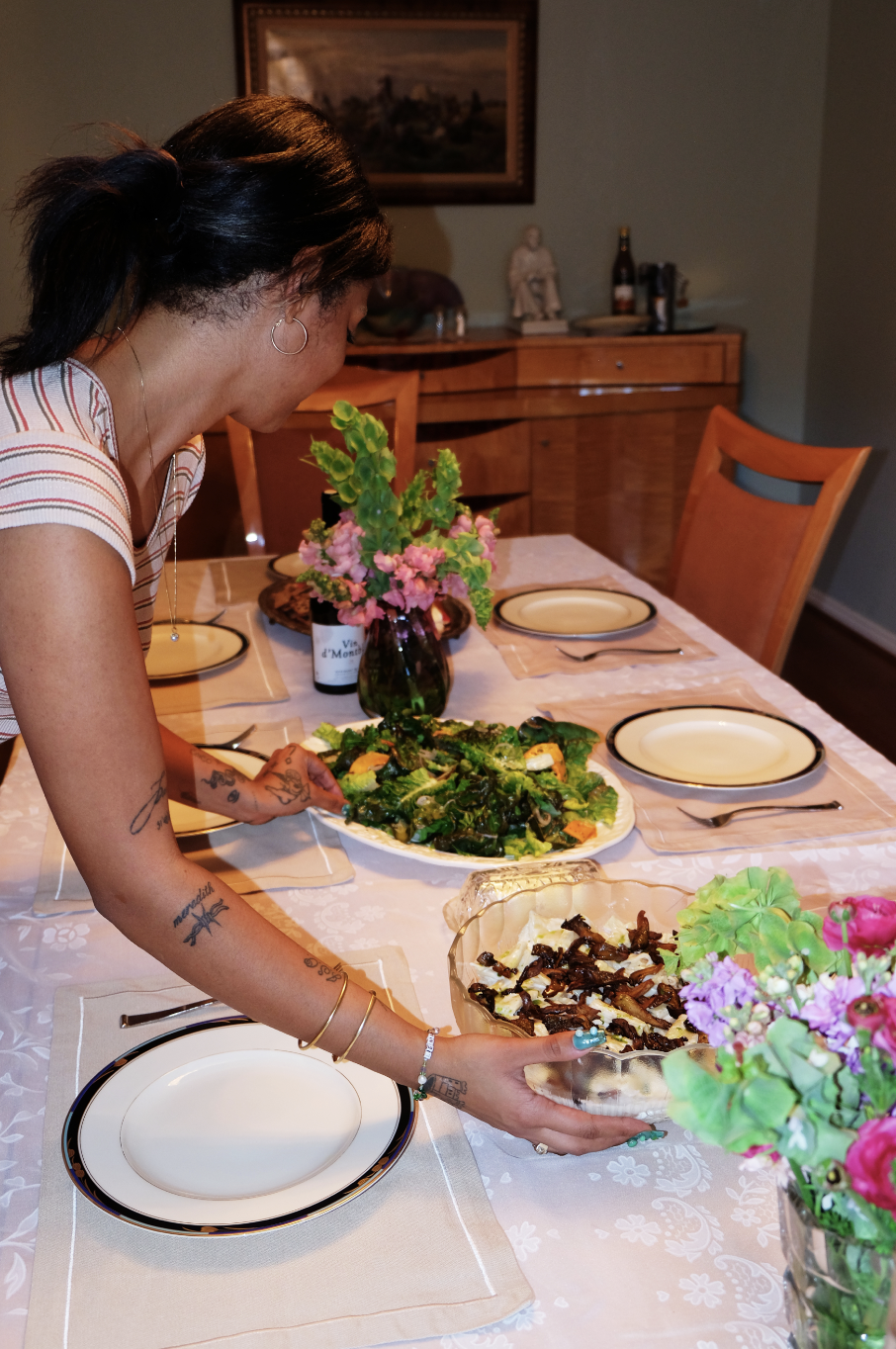
Recipe note: I use recipes as suggestions almost always so don’t hold yourself to my quantities. If you want it saltier, add salt, creamier, add more cream—make sure it tastes just right to your liking! And always taste everything as you go so you know what flavors you like more than others.
Creamy Pasta with Crispy Mushrooms and Herb Oil:
Herb Oil:
1 bunch fresh parsley
1 bunch fresh chives
1 bunch fresh oregano
1 cup grapeseed oil
Pasta:
¼ cup olive oil
½ cup butter cubed
4 cups oyster mushrooms, cut into 1-inch pieces
salt and pepper, to taste
1 lb. dry pasta
1 cup heavy cream
½ cup creme fraiche
4 cloves fresh garlic, chopped into large chunks
1 cup parmesan, grated
Start by making the herb oil:
In a pot of boiling water blanch each of the herb bundles until bright green—about 1 minute each. Transfer herbs to a bowl filled with ice water to cool. Once all of the herbs are blanched and cooled add them to a high-powered blender with grapeseed oil. Blend for a few minutes until it changes from light green to a deep emerald color, it’s okay if the blender gets hot. Set a fine-mesh sieve over a bowl and pour herb mixture into it. Set aside and let the oil drip through while you prepare your pasta, or if you’re in a hurry, press it through gently with a wooden spoon.
Bring a large pot of salted water to boil. In a large saucepan, heat ¼ cup of butter and olive oil. Once butter is melted, add mushrooms and stir gently to coat evenly in oil, add salt and pepper to taste. Leave mushrooms to cook for about 8 minutes, tossing as they begin to brown on each side and get fragrant (you’ll want them to get crispy like chips).
Add pasta to boiling water and let cook while mushroom finish. Once pasta is done, be sure to remove ½ cup of water from the pot before draining. When the mushrooms are evenly crisped and a deep golden brown color, remove from the pan with a slotted spoon and place onto a plate lined with a paper towel. In the pot the pasta was cooked in add the remaining butter, heavy cream, creme fraiche, and garlic, let come to a low simmer, stirring consistently.
As the butter melts the mixture should thicken slightly. Add a few heavy grinds of fresh pepper and salt to taste. Once the cream mixture begins to reduce, add in the cooked pasta, reserved pasta water, and half of the parmesan cheese. Stir together over medium-low heat until thick and cheese is melted. If the sauce is still a bit thin, add remaining parmesan cheese to thicken.
Once done, remove from heat and spoon pasta in a serving bowl. Discard the pulp left from the herbs and drizzle the oil that remains on top of the pasta to taste. Sprinkle the crispy mushrooms on top and serve while hot.
Little Gems Salad with Herb Oil Dressing and Quick-Pickled Shallots
3 heads of little gem lettuce
½ acorn squash, thinly sliced
2 Tbsp. olive oil salt and pepper to taste
2 shallots, thinly sliced
½ cup apple cider vinegar
1 Tbsp. sugar
1 bunch Italian parsley, roughly chopped
1 bunch chives, finely chopped
4 Tbsp. herb oil
1 lemon
1 tsp. Dijon mustard
Preheat oven to 400℉. Toss sliced squash pieces in olive oil with salt and pepper. Place on a parchment-lined baking sheet and bake for 15 minutes or so until tender and soft. When tender, remove from oven and let cool. Add sliced shallots, apple cider vinegar. salt, pepper, and sugar to a bowl, mix to combine.
Let sit for 10-15 minutes. Cut off the bottom of each little gem head and remove the leaves gently. Rinse and dry in a salad spinner or on a board lined with paper towels. Place lettuce on a serving platter and toss it together with parsley and chives using your hands.
To make the dressing, add herb oil, juice of one lemon, mustard, salt, and pepper to a jar. Shake to combine all the ingredients together and spoon over the lettuce and herb mixture. Place roasted squash slices on top of the dressed salad along with the shallots (draining the pickling mixture beforehand), top with salt and pepper, and serve.
